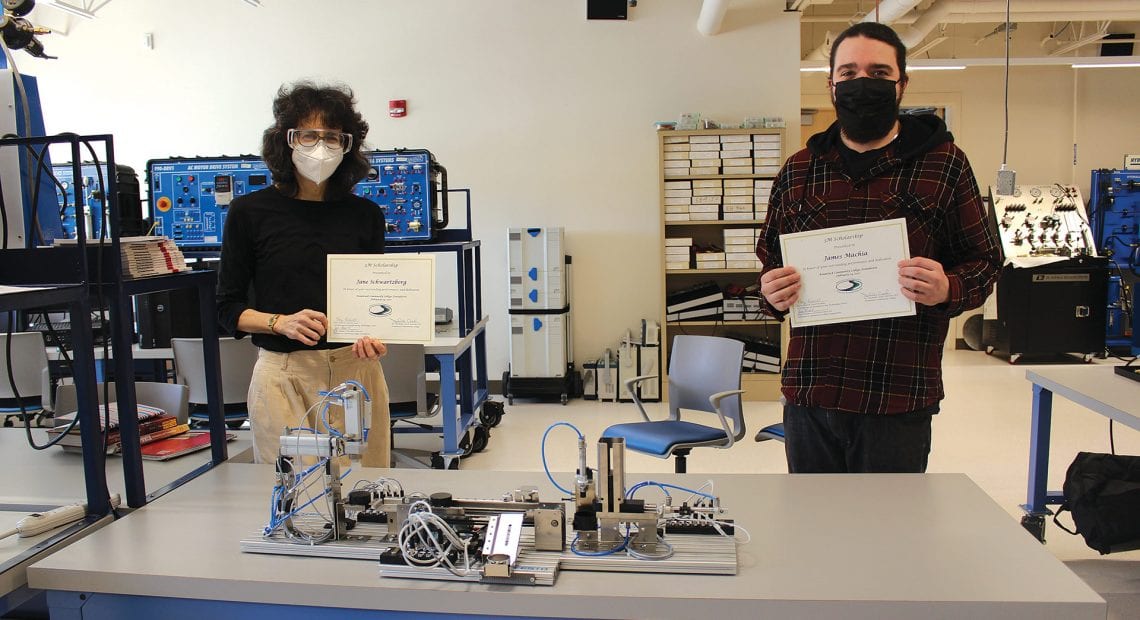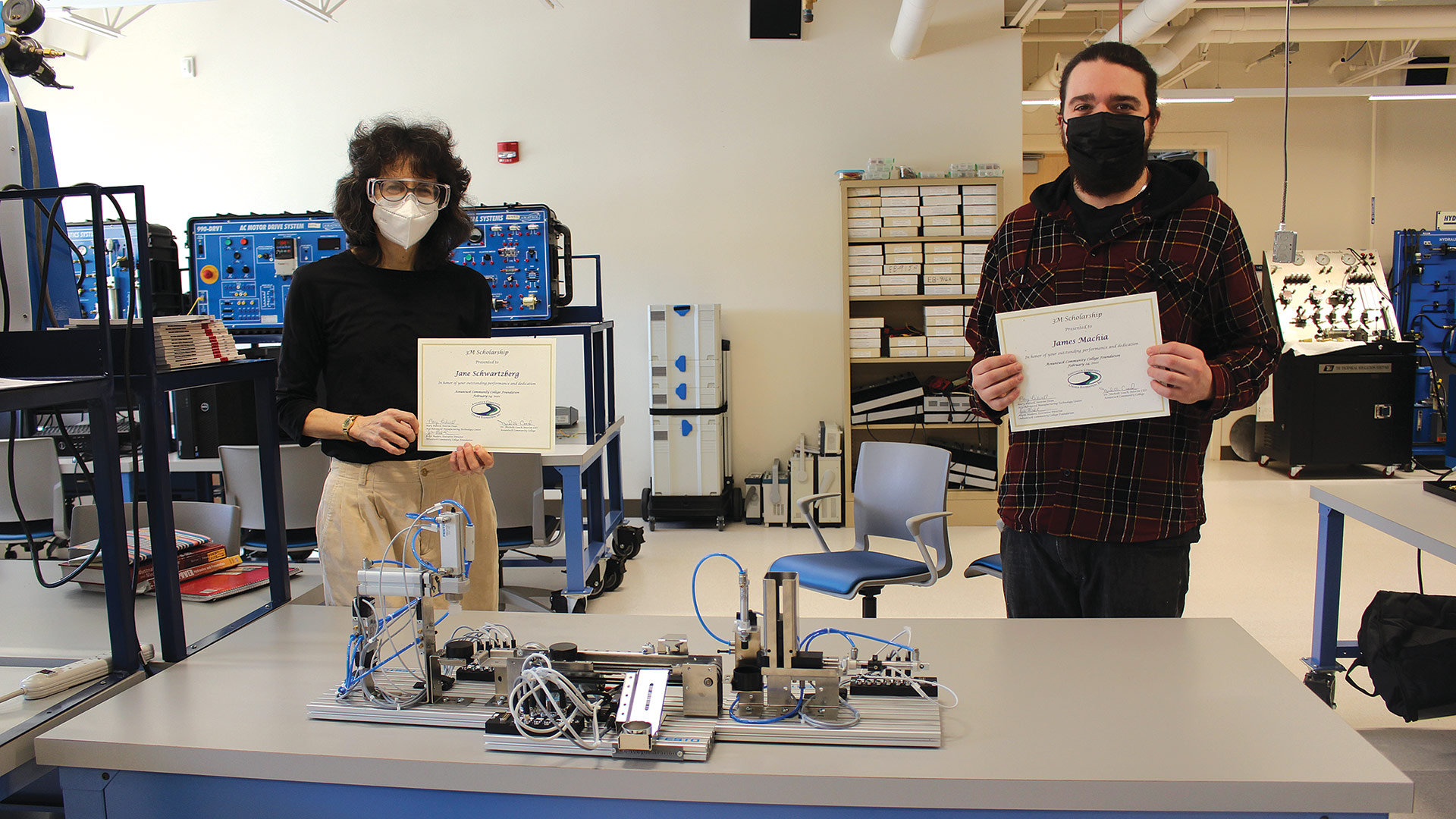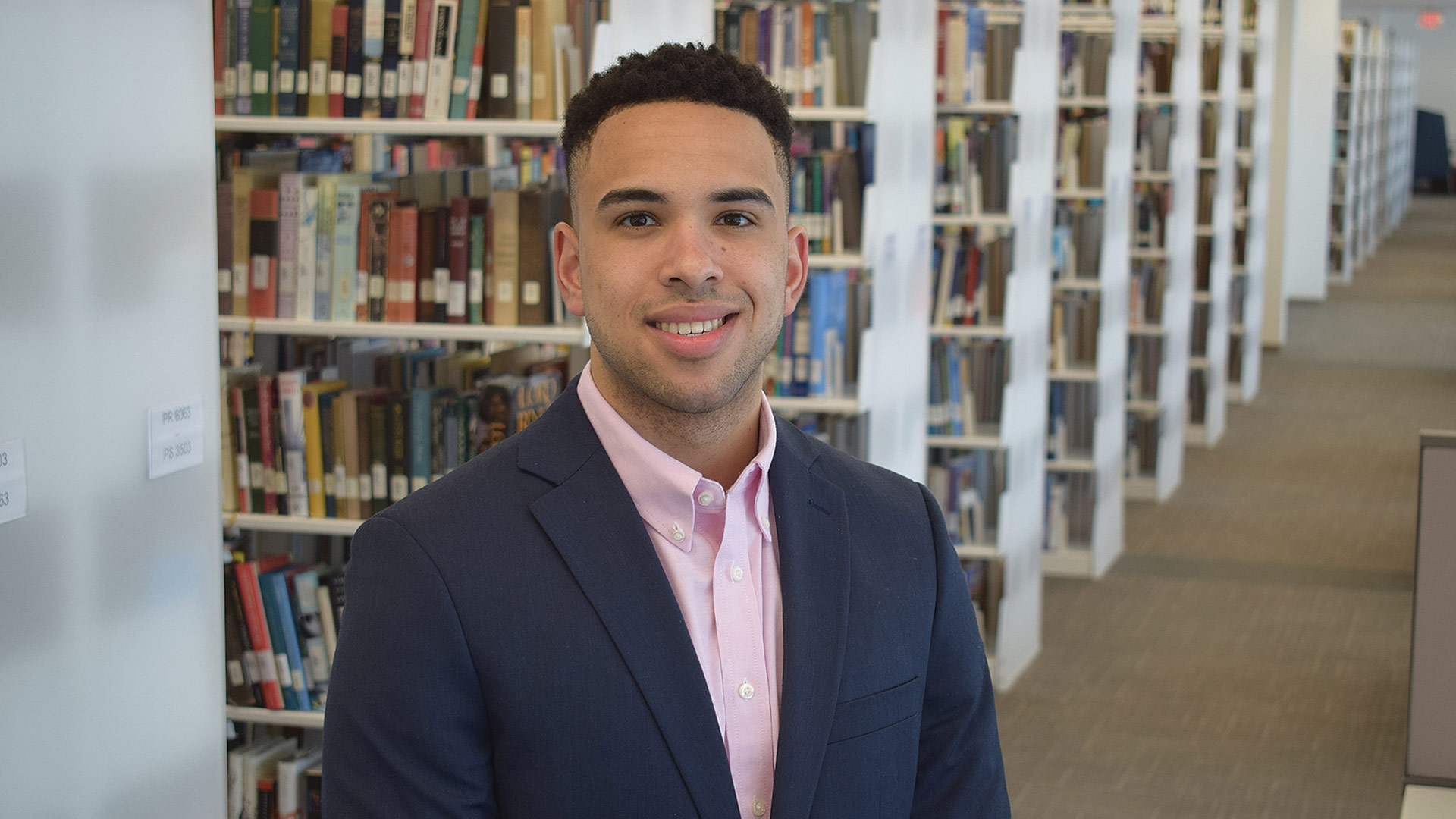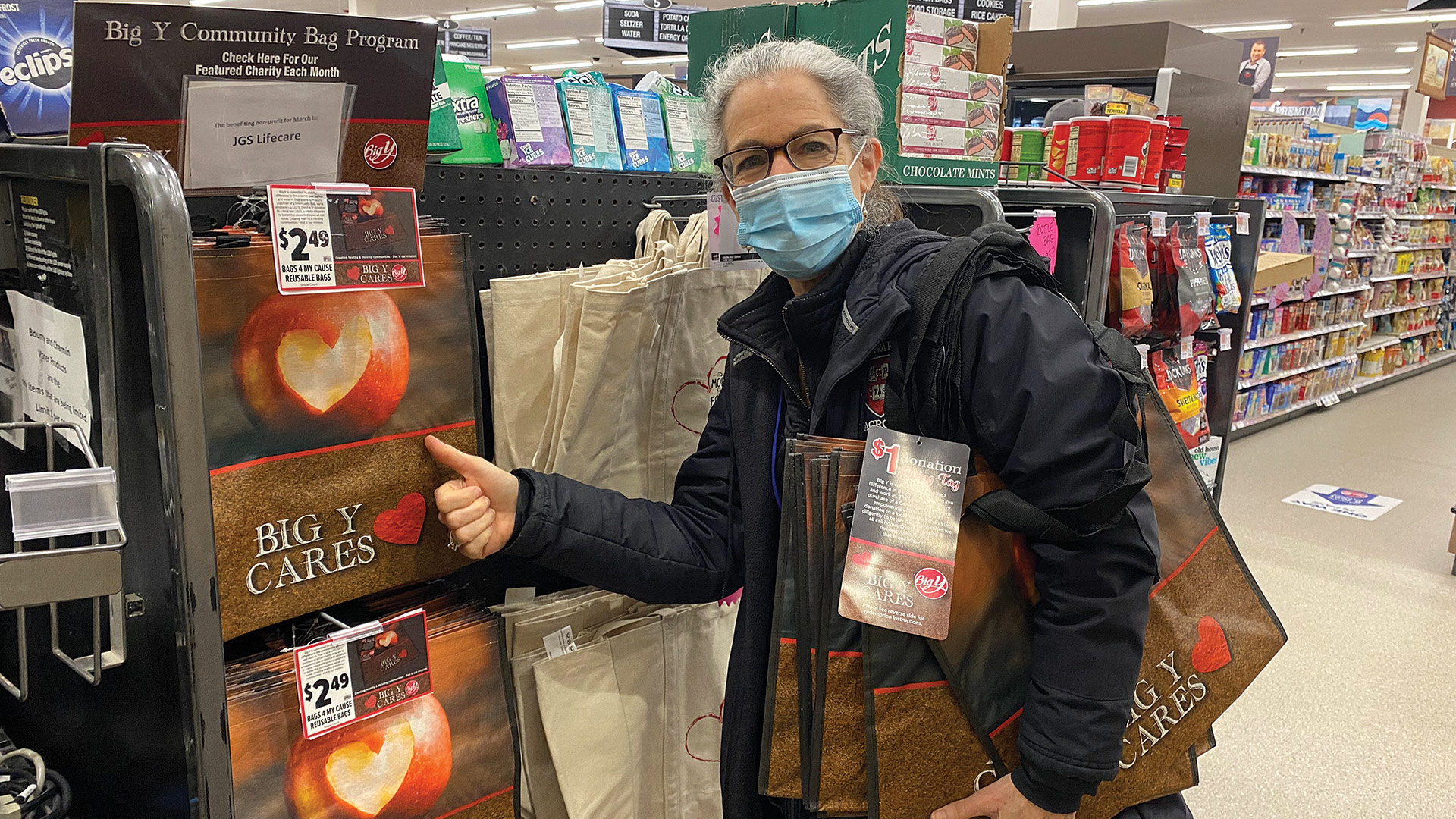The following real estate transactions (latest available) were compiled by Banker & Tradesman and are published as they were received. Only transactions exceeding $115,000 are listed. Buyer and seller fields contain only the first name listed on the deed.
FRANKLIN COUNTY
ASHFIELD
152-A John Ford Road
Ashfield, MA 01330
Amount: $325,000
Buyer: Jane Kaufman
Seller: Tatiana C. Berindei
Date: 02/08/21
BERNARDSTON
23 Center St.
Bernardston, MA 01337
Amount: $268,896
Buyer: Aaron C. Hunter
Seller: Leslie Hunter
Date: 02/09/21
308 Northfield Road
Bernardston, MA 01337
Amount: $332,764
Buyer: JP Morgan Chase Bank
Seller: Janine Viencek
Date: 02/10/21
175 West Road
Bernardston, MA 01337
Amount: $370,000
Buyer: Thomas B. Hamilton
Seller: Errol W. Caswell
Date: 02/08/21
BUCKLAND
7 South St.
Buckland, MA 01338
Amount: $269,000
Buyer: David Gamelli
Seller: Gaffigan IRT
Date: 02/12/21
49-51 State St.
Buckland, MA 01338
Amount: $317,000
Buyer: Diego Sharon
Seller: Kelly A. Hanley
Date: 02/16/21
DEERFIELD
Elm Circle
Deerfield, MA 01342
Amount: $400,000
Buyer: Clay RE Holdings LLC
Seller: Elizabeth A. Schmitt
Date: 02/19/21
30 Elm St.
Deerfield, MA 01373
Amount: $400,000
Buyer: Clay RE Holdings LLC
Seller: Elizabeth A. Schmitt
Date: 02/19/21
7 Graves St.
Deerfield, MA 01373
Amount: $144,000
Buyer: Thomas J. Mitchell
Seller: USA HUD
Date: 02/09/21
7 Thayer St.
Deerfield, MA 01373
Amount: $199,155
Buyer: US Bank
Seller: Marie Drozdal
Date: 02/19/21
GREENFIELD
80 Beech St.
Greenfield, MA 01301
Amount: $200,000
Buyer: Benjamin Conrick
Seller: Christopher J. Edes
Date: 02/12/21
335 Chapman St.
Greenfield, MA 01301
Amount: $185,000
Buyer: Levi Kelley
Seller: Andrew Lively
Date: 02/10/21
333 Federal St.
Greenfield, MA 01301
Amount: $305,000
Buyer: White Mountain Realty Group LLC
Seller: Paul W. Allis
Date: 02/08/21
25 Frederick Road
Greenfield, MA 01301
Amount: $210,000
Buyer: Jason Sadler
Seller: Paul J. Levasseur
Date: 02/12/21
24 Linwood St.
Greenfield, MA 01301
Amount: $210,000
Buyer: Daniel Littlefield
Seller: Michael Hutchinson
Date: 02/09/21
151 Montague City Road
Greenfield, MA 01301
Amount: $260,000
Buyer: Kristina N. Smyth
Seller: Christopher D. Sawyer
Date: 02/09/21
78 Peabody Lane
Greenfield, MA 01301
Amount: $365,000
Buyer: Min L. Lu
Seller: Eileen F. Brown
Date: 02/18/21
92-94 Peabody Lane
Greenfield, MA 01301
Amount: $675,000
Buyer: Adam Konner
Seller: Ricky Greenwald
Date: 02/12/21
32 Power Square
Greenfield, MA 01301
Amount: $131,500
Buyer: Andrew R. Hutchison
Seller: Goodridge, George L., (Estate)
Date: 02/10/21
77 Verde Dr.
Greenfield, MA 01301
Amount: $398,400
Buyer: Jamie Roberts
Seller: Greenfield KMW LLC
Date: 02/08/21
LEVERETT
49 Cave Hill Road
Leverett, MA 01054
Amount: $406,405
Buyer: Eric J. Mulvihill
Seller: Frederick J. Bashour
Date: 02/16/21
MONROE
146 Main Road
Monroe, MA 01350
Amount: $120,000
Buyer: Nathan H. Cote
Seller: Russell R. Oakes
Date: 02/12/21
MONTAGUE
22 Coolidge Ave.
Montague, MA 01376
Amount: $160,000
Buyer: Crystal-Ann Hoffman
Seller: Lenois, Ronald R., (Estate)
Date: 02/10/21
107 Federal St.
Montague, MA 01349
Amount: $245,000
Buyer: Denise D. Salmon-Shand
Seller: Michael McGrath
Date: 02/16/21
33 Union St.
Montague, MA 01351
Amount: $315,250
Buyer: Jonathan R. Bray
Seller: Robert J. Bray
Date: 02/11/21
NEW SALEM
27 Stone Hill Road
New Salem, MA 01355
Amount: $236,500
Buyer: Dylan J. Matilainen
Seller: Christine C. Fannin
Date: 02/19/21
NORTHFIELD
153 School St.
Northfield, MA 01360
Amount: $280,000
Buyer: Yong-Zhi Mei
Seller: Douglas A. Baker
Date: 02/08/21
ORANGE
113 Congress St.
Orange, MA 01364
Amount: $260,000
Buyer: Max Carrazana
Seller: Edgewater Construction Inc.
Date: 02/09/21
67 Main St.
Orange, MA 01364
Amount: $375,000
Buyer: Tina Diaz
Seller: Daniel M. Kimball
Date: 02/08/21
95 New Athol Road
Orange, MA 01364
Amount: $1,090,000
Buyer: Motor City Automotive Group
Seller: George H. Newcomb
Date: 02/11/21
38 Robin Lane
Orange, MA 01364
Amount: $214,900
Buyer: James D. Hancock
Seller: Jignesh R. Patel
Date: 02/12/21
181 Wheeler Ave.
Orange, MA 01364
Amount: $160,000
Buyer: Brent E. Sulham
Seller: Nathan E. Sulham
Date: 02/19/21
SHELBURNE
30 High St.
Shelburne, MA 01370
Amount: $495,000
Buyer: Katherine Barr
Seller: Ricki Carroll
Date: 02/09/21
Patten Road
Shelburne, MA 01370
Amount: $353,000
Buyer: MA Audubon Society Inc.
Seller: Patten Hill Farm TR
Date: 02/16/21
SHUTESBURY
527 West Pelham Road
Shutesbury, MA 01072
Amount: $274,500
Buyer: Skyway Properties LLC
Seller: Andrew L. Cook
Date: 02/16/21
SUNDERLAND
190 North Silver Lane
Sunderland, MA 01375
Amount: $485,000
Buyer: Dennis O’Loughlin
Seller: J2K Realty LLC
Date: 02/19/21
HAMPDEN COUNTY
AGAWAM
114 Carr Ave.
Agawam, MA 01001
Amount: $153,000
Buyer: Alex Boyko
Seller: Laura L. Farrington
Date: 02/12/21
19 Hamilton Circle
Agawam, MA 01030
Amount: $200,000
Buyer: US Bank
Seller: Joanne Askins
Date: 02/10/21
16 Norris St.
Agawam, MA 01030
Amount: $240,000
Buyer: Tifany Inacio
Seller: Melissa Noonan
Date: 02/10/21
5 Red Oaks Circle
Agawam, MA 01030
Amount: $340,000
Buyer: Ryan D. Sheehan
Seller: Laura J. Conant
Date: 02/11/21
43 River Road
Agawam, MA 01001
Amount: $135,000
Buyer: Sergey Dikan
Seller: Joann K. Chiaro
Date: 02/18/21
105 South Westfield St.
Agawam, MA 01030
Amount: $230,500
Buyer: Zeni L. Gushue
Seller: Russell P. Stetson
Date: 02/08/21
BLANDFORD
103 North Blandford Road
Blandford, MA 01008
Amount: $183,302
Buyer: Bl Ma Land LLC
Seller: Housatonic Solar 1 LLC
Date: 02/08/21
BLANDFORD
28 Blair Road
Blandford, MA 01008
Amount: $215,000
Buyer: Mia Hanlon
Seller: Emerald City Rentals LLC
Date: 02/19/21
CHESTER
104 North Chester Road
Chester, MA 01011
Amount: $382,000
Buyer: David S. Muenzer
Seller: Christopher L. Towne
Date: 02/18/21
CHICOPEE
71 Britton St.
Chicopee, MA 01020
Amount: $167,000
Buyer: Michael Croteau
Seller: Mark E. Slayton
Date: 02/17/21
1063 Burnett Road
Chicopee, MA 01020
Amount: $290,000
Buyer: Michele A. Lemieux
Seller: Connor S. Sormanti
Date: 02/17/21
621 Chicopee St.
Chicopee, MA 01013
Amount: $142,000
Buyer: CIG 4 LLC
Seller: Alyson E. Reid
Date: 02/16/21
61 Claire St.
Chicopee, MA 01020
Amount: $220,000
Buyer: Joshua J. Medero
Seller: Thomas P. Garvey
Date: 02/12/21
47 Conrad St.
Chicopee, MA 01013
Amount: $231,500
Buyer: Joleen A. Ramos
Seller: Michael Jackewich
Date: 02/12/21
37 Eldridge St.
Chicopee, MA 01013
Amount: $147,000
Buyer: JBD Empire LLC
Seller: Natalia Trznadel
Date: 02/18/21
19 Emerson St.
Chicopee, MA 01013
Amount: $415,000
Buyer: RBT Enterprise LLC
Seller: MJT Properties LLC
Date: 02/18/21
10 Everett St.
Chicopee, MA 01020
Amount: $140,000
Buyer: CIG 4 LLC
Seller: FNMA
Date: 02/16/21
101 Fairview Ave.
Chicopee, MA 01013
Amount: $220,000
Buyer: Colleen Bates
Seller: William M. Parker
Date: 02/09/21
90 Fernhill St.
Chicopee, MA 01020
Amount: $167,000
Buyer: Seweryn W. Grabowski
Seller: Bank New York Mellon
Date: 02/12/21
11 Fisher St.
Chicopee, MA 01020
Amount: $215,000
Buyer: Carlos M. Hernandez
Seller: Richard S. Fedak
Date: 02/16/21
81 Frink St.
Chicopee, MA 01020
Amount: $227,900
Buyer: William M. Parker
Seller: Jeffrey P. Paquette
Date: 02/10/21
245 Grattan St.
Chicopee, MA 01020
Amount: $335,000
Buyer: Tony Tereso
Seller: Marc N. Turgeon
Date: 02/17/21
75 Greenpoint Circle
Chicopee, MA 01020
Amount: $240,000
Buyer: Scott T. Pirog
Seller: Elizabeth A. Forgue
Date: 02/12/21
49 Jean Circle
Chicopee, MA 01020
Amount: $400,000
Buyer: Yesenia R. Martinez
Seller: N. Riley Construction Inc.
Date: 02/17/21
17 Leslie St.
Chicopee, MA 01013
Amount: $228,000
Buyer: Nicol D. Diaz-Rodriguez
Seller: Extremely Clean LLC
Date: 02/19/21
311 Montgomery St.
Chicopee, MA 01020
Amount: $180,000
Buyer: Connor K. Kennedy
Seller: Roland N. Menard
Date: 02/11/21
8 Pleasantview Ave.
Chicopee, MA 01020
Amount: $175,000
Buyer: Antonio Valdez-Cabral
Seller: Meadowbrook Property Solutions
Date: 02/09/21
645 Shawinigan Dr.
Chicopee, MA 01020
Amount: $1,162,050
Buyer: Western Mass. Emergency Communications
Seller: Shawinigan Drive LLC
Date: 02/16/21
151 Silvin Road
Chicopee, MA 01013
Amount: $160,000
Buyer: Jack Solock
Seller: Shannon L. Drake
Date: 02/18/21
385 Springfield St.
Chicopee, MA 01013
Amount: $180,000
Buyer: Plata O. Plomo Inc.
Seller: Antonio S. Francisco
Date: 02/12/21
2 West St.
Chicopee, MA 01013
Amount: $150,000
Buyer: Juan A. Rosario
Seller: Blanco Electric LLC
Date: 02/12/21
EAST LONGMEADOW
Baldwin St.
East Longmeadow, MA 01028
Amount: $1,500,000
Buyer: Purpose Storage E
Seller: Baldwin Street LLC
Date: 02/10/21
34 Brynmawr Dr.
East Longmeadow, MA 01028
Amount: $200,000
Buyer: MNB Builders LLC
Seller: FNMA
Date: 02/16/21
419 Chestnut St.
East Longmeadow, MA 01028
Amount: $225,000
Buyer: Alexander Provoda
Seller: Diana Kumisca
Date: 02/12/21
5 Corning St.
East Longmeadow, MA 01108
Amount: $284,000
Buyer: Hadley B. Pellegrino
Seller: Giancarlo Mei
Date: 02/19/21
68 Gerrard Ave.
East Longmeadow, MA 01028
Amount: $290,900
Buyer: Brett Richard
Seller: Erick Arroyo
Date: 02/19/21
Glendale Road
East Longmeadow, MA 01028
Amount: $1,500,000
Buyer: Purpose Storage E
Seller: Baldwin Street LLC
Date: 02/10/21
Grove Ave.
East Longmeadow, MA 01028
Amount: $1,500,000
Buyer: Purpose Storage E
Seller: Baldwin Street LLC
Date: 02/10/21
27 Kingman Ave.
East Longmeadow, MA 01028
Amount: $170,000
Buyer: James N. Conlon
Seller: USA HUD
Date: 02/19/21
39 Lombard Ave.
East Longmeadow, MA 01028
Amount: $299,900
Buyer: Timothy J. Becker
Seller: Robert J. Schroeter
Date: 02/17/21
55 Mapleshade Ave.
East Longmeadow, MA 01028
Amount: $234,500
Buyer: Bradford T. Mills
Seller: Brian Tondera
Date: 02/12/21
45 Scantic Dr.
East Longmeadow, MA 01028
Amount: $246,000
Buyer: James Bertier
Seller: Tracey L. Giard
Date: 02/12/21
HOLYOKE
71 Berkshire St.
Holyoke, MA 01040
Amount: $231,000
Buyer: Anne M. Lisella
Seller: Westmass Apartments LLC
Date: 02/18/21
15 Clark St.
Holyoke, MA 01040
Amount: $263,000
Buyer: Victoria M. Bonazoli
Seller: Albert Czupkiewicz
Date: 02/16/21
921 Dwight St.
Holyoke, MA 01040
Amount: $330,000
Buyer: Daniel Carrell
Seller: Gladysh Capital LLC
Date: 02/19/21
5 Gamelin St.
Holyoke, MA 01040
Amount: $1,000,000
Buyer: Holyoke Medical Properties
Seller: Mercy Hospital Inc.
Date: 02/17/21
1244 Main St.
Holyoke, MA 01040
Amount: $276,000
Buyer: Justin Tomasini
Seller: Greenvale Properties LLC
Date: 02/08/21
41-43 Mosher St.
Holyoke, MA 01040
Amount: $1,250,000
Buyer: 556 South Bridge St LLC
Seller: Windsor Realty LLC
Date: 02/19/21
2060-2062 Northampton St.
Holyoke, MA 01040
Amount: $216,000
Buyer: Michael L. Davenport
Seller: NAR Realty LLC
Date: 02/12/21
17-19 Parker St.
Holyoke, MA 01040
Amount: $275,000
Buyer: Shannon C. Dillard
Seller: Mario Tedeschi
Date: 02/12/21
430 Rock Valley Road
Holyoke, MA 01040
Amount: $200,000
Buyer: Michael D. Rabtor
Seller: Jennifer Wilda
Date: 02/12/21
556 South Bridge St.
Holyoke, MA 01040
Amount: $1,250,000
Buyer: 556 S. Bridge St. LLC
Seller: Windsor Realty LLC
Date: 02/19/21
224 Walnut St.
Holyoke, MA 01040
Amount: $170,000
Buyer: Jonathan Z. Glogower
Seller: Anna K. Rigali
Date: 02/18/21
50 West St.
Holyoke, MA 01040
Amount: $1,250,000
Buyer: 556 South Bridge St. LLC
Seller: Windsor Realty LLC
Date: 02/19/21
52 West St.
Holyoke, MA 01040
Amount: $1,250,000
Buyer: 556 S. Bridge St. LLC
Seller: Windsor Realty LLC
Date: 02/19/21
19 West Glen St.
Holyoke, MA 01040
Amount: $200,000
Buyer: Heidy L. Lanausse-Ramos
Seller: Alfred Shattelroe
Date: 02/08/21
272 Whitney Ave.
Holyoke, MA 01040
Amount: $415,000
Buyer: Nicholas O. Rodriguez
Seller: Christopher M. Buell
Date: 02/17/21
LONGMEADOW
37 Captain Road
Longmeadow, MA 01106
Amount: $375,000
Buyer: Philip B. Jones
Seller: Michael Sullivan
Date: 02/10/21
1183 Converse St.
Longmeadow, MA 01106
Amount: $555,000
Buyer: Jaime Cabezas
Seller: Rajeev Kumar
Date: 02/17/21
73 Falmouth Road
Longmeadow, MA 01106
Amount: $376,000
Buyer: Katie Lynch
Seller: James B. Punderson
Date: 02/17/21
163 Hillcrest Ave.
Longmeadow, MA 01106
Amount: $271,000
Buyer: Kate E. Schoenberger
Seller: Jeffrey A. Beaulac
Date: 02/19/21
58 Shady Side Dr.
Longmeadow, MA 01106
Amount: $527,500
Buyer: James J. Manoussoff
Seller: Kim D. Tanzer
Date: 02/12/21
37 South Ave.
Longmeadow, MA 01106
Amount: $319,000
Buyer: Robert E. Kelley
Seller: Jaime F. Cabezas
Date: 02/17/21
LUDLOW
8 Autumn Ridge Road
Ludlow, MA 01056
Amount: $532,000
Buyer: William E. Grise
Seller: Hemlock Ridge LLC
Date: 02/12/21
14 Bucknell St.
Ludlow, MA 01056
Amount: $292,500
Buyer: Suzanne Middleton
Seller: Raev LLC
Date: 02/19/21
448 Fuller St.
Ludlow, MA 01056
Amount: $372,000
Buyer: Jonathan M. Cheria
Seller: Gerard J. Deslauriers
Date: 02/19/21
Marias Way #5
Ludlow, MA 01056
Amount: $125,000
Buyer: Augusto G. Crespo
Seller: M&G Investors LLC
Date: 02/12/21
177 Overlook Dr.
Ludlow, MA 01056
Amount: $370,000
Buyer: Khanh Nguyen
Seller: Patricia Coderre-Guyette
Date: 02/12/21
73 Ridgeview Circle
Ludlow, MA 01056
Amount: $200,000
Buyer: Alice G. English
Seller: Stoddard, Mary E., (Estate)
Date: 02/12/21
Sunset Ridge #7
Ludlow, MA 01056
Amount: $130,000
Buyer: Danny Elias
Seller: Alex G. Kudla
Date: 02/19/21
Sunset Ridge #17
Ludlow, MA 01056
Amount: $190,000
Buyer: Alina Leclaire
Seller: Baystate Developers Inc.
Date: 02/12/21
MONSON
28 Bethany Road
Monson, MA 01057
Amount: $170,000
Buyer: Joanne P. Kelly
Seller: Sarah E. Danos
Date: 02/12/21
PALMER
11 Conant St.
Palmer, MA 01069
Amount: $243,480
Buyer: Kathleen A. Scarglia
Seller: Nathaniel Messier
Date: 02/19/21
4 Norbell St.
Palmer, MA 01080
Amount: $200,000
Buyer: Jennifer L. Bolduc
Seller: Linda Thibeault
Date: 02/17/21
1570-1572 North Main St.
Palmer, MA 01069
Amount: $161,000
Buyer: Roger Parker
Seller: Stephen A. Mushenko
Date: 02/10/21
17 Old Farm Road
Palmer, MA 01069
Amount: $385,000
Buyer: Naomi R. Jackson
Seller: Doreen Cunningham
Date: 02/09/21
103-A&B South High St.
Palmer, MA 01069
Amount: $287,600
Buyer: Joshua Banas
Seller: Glennair Executive Services
Date: 02/09/21
103-B South High St.
Palmer, MA 01069
Amount: $287,600
Buyer: Joshua Banas
Seller: Glennair Executive Services
Date: 02/09/21
49 Springfield St.
Palmer, MA 01080
Amount: $239,000
Buyer: Anthony L. Fields
Seller: Rehab Home Buyers LLC
Date: 02/16/21
Wilbraham St.
Palmer, MA 01069
Amount: $535,000
Buyer: Jerzy Sajerda
Seller: Wilbraham Road LLC
Date: 02/10/21
RUSSELL
41 Westwood Dr.
Russell, MA 01071
Amount: $292,000
Buyer: Caio Veloso-Silva
Seller: Jay M. Smith
Date: 02/16/21
SOUTHWICK
3 Amberleaf Way
Southwick, MA 01077
Amount: $455,000
Buyer: Brian J. Laframboise
Seller: Seetharaman Raghuraman
Date: 02/17/21
681-R College Hwy.
Southwick, MA 01077
Amount: $350,000
Buyer: Jaydub LLC
Seller: Hillside Development Corp.
Date: 02/17/21
21 Ed Holcomb Road
Southwick, MA 01077
Amount: $260,000
Buyer: Christopher M. Barden
Seller: Harold A. Heap
Date: 02/16/21
71 Kline Road
Southwick, MA 01077
Amount: $310,000
Buyer: Steve Howes
Seller: Joan C. Morvidelli
Date: 02/19/21
21 Sterrett Dr.
Southwick, MA 01077
Amount: $350,000
Buyer: Randy Wessels
Seller: Frank T. Larson
Date: 02/11/21
19 Veteran St.
Southwick, MA 01077
Amount: $139,176
Buyer: Brian E. Kelley
Seller: Angelo S. Melloni
Date: 02/17/21
138 Vining Hill Road
Southwick, MA 01077
Amount: $340,824
Buyer: William J. Kokocinski
Seller: Marc A. Pereira
Date: 02/12/21
SPRINGFIELD
139 Abbott St.
Springfield, MA 01118
Amount: $212,000
Buyer: Amanda Pagan
Seller: Joseph A. Pietrocola
Date: 02/12/21
104 Alden St.
Springfield, MA 01109
Amount: $167,000
Buyer: Eileen Santiago
Seller: Hedge Hog Industries Corp.
Date: 02/11/21
211 Ambrose St.
Springfield, MA 01109
Amount: $200,000
Buyer: Alfonso Roman
Seller: Lydia E. Torres
Date: 02/12/21
27-29 Ames St.
Springfield, MA 01104
Amount: $195,000
Buyer: Luis R. Cintron-Amaro
Seller: Paul A. Dyrkacz
Date: 02/09/21
68-70 Appleton St.
Springfield, MA 01108
Amount: $150,000
Buyer: Roosevelt Amanfo
Seller: Guillermo Negron
Date: 02/19/21
459-461 Armory St.
Springfield, MA 01104
Amount: $174,900
Buyer: Ching Chi Lee
Seller: Jonathan Lurie
Date: 02/11/21
18-20 Batavia St.
Springfield, MA 01109
Amount: $218,000
Buyer: Dennis D. Terron
Seller: Edwin Ortiz-Gonzalez
Date: 02/12/21
50 Beauregard St.
Springfield, MA 01151
Amount: $173,999
Buyer: Edgardo Garcia
Seller: MVP Partners RE LLC
Date: 02/12/21
992 Berkshire Ave.
Springfield, MA 01151
Amount: $205,000
Buyer: Jonathan Vargas-Garcia
Seller: Bruce R. Buckley
Date: 02/12/21
292 Breckwood Blvd.
Springfield, MA 01109
Amount: $220,000
Buyer: Hector M. Hernandez
Seller: Eagle Home Buyers LLC
Date: 02/18/21
5-9 Caldwell Place
Springfield, MA 01104
Amount: $281,000
Buyer: Purposefull Holdings LLC
Seller: Jose M. Goncalves
Date: 02/12/21
19 Carlton St.
Springfield, MA 01108
Amount: $168,000
Buyer: Odayls Agosto-Flores
Seller: Francine Savoie
Date: 02/08/21
379 Central St.
Springfield, MA 01105
Amount: $140,000
Buyer: Santana Real Estate Inc.
Seller: Lionel Cruz
Date: 02/09/21
68 Cheyenne Road
Springfield, MA 01109
Amount: $230,000
Buyer: Nicholas D. Delnegro
Seller: Jason Bacis
Date: 02/12/21
28 Clarendon St.
Springfield, MA 01109
Amount: $223,000
Buyer: Carlos Kuilan
Seller: Round 2 LLC
Date: 02/09/21
260 Cuff Ave.
Springfield, MA 01104
Amount: $211,000
Buyer: Jesus M. Nieves
Seller: David P. Bergeron
Date: 02/19/21
122 Drexel St.
Springfield, MA 01104
Amount: $205,000
Buyer: Jazmin I. Martinez
Seller: Celestino Diaz
Date: 02/08/21
48 Driftwood Road
Springfield, MA 01128
Amount: $226,000
Buyer: Dallas Clark
Seller: Shalonda M. Edwards
Date: 02/11/21
93-95 Edgewood St.
Springfield, MA 01109
Amount: $234,000
Buyer: Edwin M. Molina-Nunez
Seller: Jarineth Velez-Torres
Date: 02/09/21
153 Ellsworth Ave.
Springfield, MA 01118
Amount: $187,000
Buyer: Amanda L. Upchurch
Seller: Kathleen A. Shaw
Date: 02/12/21
79 Eloise St.
Springfield, MA 01118
Amount: $221,000
Buyer: Joanna Rodriguez
Seller: Russell, Mary J., (Estate)
Date: 02/16/21
22 Florentine Gardens
Springfield, MA 01108
Amount: $314,900
Buyer: John J. Blackshear
Seller: James P. Hager
Date: 02/19/21
97 Francis St.
Springfield, MA 01104
Amount: $150,000
Buyer: Jevhan Velez
Seller: Lawrence F. Army
Date: 02/16/21
33 Fullerton St.
Springfield, MA 01151
Amount: $184,000
Buyer: Cyndia Gonzalez
Seller: Andrew C. Kalinyak
Date: 02/12/21
282 Gilbert Ave.
Springfield, MA 01119
Amount: $418,000
Buyer: Luz Martinez
Seller: Bretta Construction LLC
Date: 02/12/21
762 Grayson Dr.
Springfield, MA 01119
Amount: $190,400
Buyer: Marcio Freitas
Seller: Lydia Vega
Date: 02/11/21
22 Hobart St.
Springfield, MA 01104
Amount: $281,000
Buyer: Purposefull Holdings LLC
Seller: Jose M. Goncalves
Date: 02/12/21
80 Howes St.
Springfield, MA 01118
Amount: $179,900
Buyer: Robert L. Gladden
Seller: Wilmington Savings
Date: 02/10/21
208 Island Pond Road
Springfield, MA 01118
Amount: $153,000
Buyer: Donald Cushing
Seller: Guczek, Edward J. Sr., (Estate)
Date: 02/17/21
23 Kerry Dr.
Springfield, MA 01118
Amount: $189,100
Buyer: Carmen B. Galarza-Colon
Seller: Brett R. Richard
Date: 02/19/21
121 Laconia St.
Springfield, MA 01129
Amount: $325,000
Buyer: Sivakumar Jagadeesan
Seller: TL Bretta Realty LLC
Date: 02/12/21
144 Lamont St.
Springfield, MA 01119
Amount: $190,000
Buyer: Robert Chamberlain
Seller: Stacey Hildreth-Fortin
Date: 02/16/21
91 Lancaster St.
Springfield, MA 01118
Amount: $181,000
Buyer: Alexander Rohan
Seller: Matthew E. Donnellan
Date: 02/17/21
34-36 Langdon St.
Springfield, MA 01104
Amount: $235,000
Buyer: Chazalyn Santa-Colon
Seller: Keith Blake
Date: 02/12/21
80-82 Leyfred Ter.
Springfield, MA 01108
Amount: $286,000
Buyer: Calisa Kennedy
Seller: Madison Property Investment LLC
Date: 02/19/21
40 Luden St.
Springfield, MA 01118
Amount: $180,000
Buyer: Jacob J. Tagan
Seller: Noah B. Hatton
Date: 02/18/21
279-287 Main St.
Springfield, MA 01151
Amount: $462,675
Buyer: Matthew D. Grunwald
Seller: 855 Liberty Springfield LLC
Date: 02/08/21
143 Marion St.
Springfield, MA 01109
Amount: $215,000
Buyer: Karelis Dejesus
Seller: Amat Victoria Curam LLC
Date: 02/10/21
16 Marsden St.
Springfield, MA 01109
Amount: $160,000
Buyer: Gilbert Santiago
Seller: Joejoe Properties LLC
Date: 02/16/21
33 Michigan St.
Springfield, MA 01151
Amount: $175,000
Buyer: Christopher J. Berthiaume
Seller: Ellen T. Moore
Date: 02/12/21
50 Montclair St.
Springfield, MA 01104
Amount: $188,000
Buyer: Kenny A. Martinez
Seller: Steven Lemoine
Date: 02/12/21
123-125 Mulberry St.
Springfield, MA 01105
Amount: $300,000
Buyer: Jasper McCoy
Seller: Theocles, Charles A. (Estate)
Date: 02/11/21
737 Newbury St.
Springfield, MA 01104
Amount: $145,000
Buyer: Zachary Edelman
Seller: Michael Sheltra
Date: 02/17/21
54 Newhall St.
Springfield, MA 01109
Amount: $185,000
Buyer: Jaritza Rios
Seller: Kelly R. Holbrook
Date: 02/16/21
173 Oakland St.
Springfield, MA 01108
Amount: $309,000
Buyer: Monica Rahall
Seller: Mister Mister LLC
Date: 02/17/21
988 Parker St.
Springfield, MA 01129
Amount: $260,000
Buyer: Reshawn Buckhannon
Seller: Jerome T. Weldon
Date: 02/19/21
210 Peekskill Ave.
Springfield, MA 01129
Amount: $260,000
Buyer: Daniel J. Langevin
Seller: John Martin
Date: 02/10/21
18-20 Rifle St.
Springfield, MA 01105
Amount: $220,883
Buyer: US Bank
Seller: Vanessa Johnson
Date: 02/17/21
27 Sherbrooke St.
Springfield, MA 01104
Amount: $133,000
Buyer: Michelle Stuart
Seller: Jose A. Rivera
Date: 02/08/21
70 Sherman St.
Springfield, MA 01109
Amount: $233,600
Buyer: Felix DeLaCruz
Seller: Orange Park Management LLC
Date: 02/12/21
905-909 Sumner Ave.
Springfield, MA 01118
Amount: $200,000
Buyer: Patalano Property Mgmt. LLC
Seller: Anthony Patalano
Date: 02/16/21
147 Sunridge Dr.
Springfield, MA 01118
Amount: $225,000
Buyer: Abundio Cortes-Palacios
Seller: Michael J. Culhane
Date: 02/10/21
55 Tyler St.
Springfield, MA 01109
Amount: $160,000
Buyer: Shanice M. Torres
Seller: Allan Cumberbatch
Date: 02/18/21
331-333 Water St.
Springfield, MA 01151
Amount: $175,000
Buyer: Latonya Hinds
Seller: H. P. Rum LLC
Date: 02/16/21
85-87 West Alvord St.
Springfield, MA 01108
Amount: $230,000
Buyer: Arielle Christian
Seller: David A. Springer
Date: 02/09/21
116 Wheeler Ave.
Springfield, MA 01118
Amount: $230,000
Buyer: Susan Cagan
Seller: Parker, Patricia G., (Estate)
Date: 02/19/21
901 Wilbraham Road
Springfield, MA 01109
Amount: $175,000
Buyer: Michelle L. Giguere
Seller: Wayne G. Giguere
Date: 02/19/21
WESTFIELD
11 Bush St.
Westfield, MA 01085
Amount: $120,000
Buyer: Veteran Stan LLC
Seller: Joseph Busby
Date: 02/12/21
10 Cross St.
Westfield, MA 01085
Amount: $250,000
Buyer: Jay M. Smith
Seller: Robert E. Kelley
Date: 02/17/21
1047 East Mountain Road
Westfield, MA 01085
Amount: $200,000
Buyer: David Bagge
Seller: Barton, Hazel A., (Estate)
Date: 02/19/21
35 Grandview Dr.
Westfield, MA 01085
Amount: $305,000
Buyer: Benjamin R. Fischer
Seller: Jonathan Hawkins
Date: 02/19/21
8 Lincoln St.
Westfield, MA 01085
Amount: $272,500
Buyer: Lisa M. Kozik
Seller: Caio H. Veloso-Silva
Date: 02/16/21
10 Main St.
Westfield, MA 01085
Amount: $495,000
Buyer: 10 Main WF LLC
Seller: Johnston Holding Co. Inc.
Date: 02/16/21
107 Main St.
Westfield, MA 01085
Amount: $256,000
Buyer: Luis A. Lopez
Seller: Eric Mancini
Date: 02/18/21
100 Meadow St.
Westfield, MA 01085
Amount: $250,000
Buyer: Dmitriy Ryabichenko
Seller: Aleksandr Popov
Date: 02/12/21
11 Myrtle Ave.
Westfield, MA 01085
Amount: $200,000
Buyer: John M. Phillips
Seller: LP4 LLC
Date: 02/12/21
45 Orange St.
Westfield, MA 01085
Amount: $295,000
Buyer: Arismendy Larancuent
Seller: Scott A. Machler
Date: 02/19/21
46 Orange St.
Westfield, MA 01085
Amount: $239,900
Buyer: Tyler J. French
Seller: Emmanuel N. Cheo
Date: 02/08/21
440 Southampton Road
Westfield, MA 01085
Amount: $400,000
Buyer: JAI Hanuman LLC
Seller: 440 Southampton Road Realty
Date: 02/17/21
31 Summit Dr.
Westfield, MA 01085
Amount: $340,000
Buyer: Isobel A. McMahon
Seller: Joanne A. Manley
Date: 02/11/21
160 Susan Dr.
Westfield, MA 01085
Amount: $291,000
Buyer: Andrew K. Hall
Seller: Kurowski, Doris A., (Estate)
Date: 02/11/21
107 Tannery Road
Westfield, MA 01085
Amount: $226,000
Buyer: Henry R. Talbot
Seller: Crawford, Carl J., (Estate)
Date: 02/11/21
WILBRAHAM
6 Birch St.
Wilbraham, MA 01095
Amount: $220,000
Buyer: Todd N. Ashford
Seller: Kathleen A. Scarglia
Date: 02/16/21
3155 Boston Road
Wilbraham, MA 01095
Amount: $124,500
Buyer: Jad Mourad
Seller: Maureen G. Christofori
Date: 02/17/21
11 Delmor Circle
Wilbraham, MA 01095
Amount: $237,500
Buyer: Richard Hebert
Seller: Nicholas M. Brown
Date: 02/08/21
716 Main St.
Wilbraham, MA 01095
Amount: $435,000
Buyer: Christine R. Augustine
Seller: Suzanne E. Middleton
Date: 02/19/21
843 Main St.
Wilbraham, MA 01095
Amount: $262,500
Buyer: William W. McElroy
Seller: Olga D. Vonflatern
Date: 02/09/21
12 Red Gap Road
Wilbraham, MA 01095
Amount: $555,000
Buyer: Nicole S. Gee
Seller: Charles E. Hatch
Date: 02/17/21
WEST SPRINGFIELD
422 Dewey St.
West Springfield, MA 01089
Amount: $295,000
Buyer: Allison K. Smith
Seller: Ellen M. Guimaraes
Date: 02/19/21
89 Edgewood Road
West Springfield, MA 01089
Amount: $460,000
Buyer: William J. Lyons
Seller: Martin C. Lyons
Date: 02/10/21
55 Fox St.
West Springfield, MA 01089
Amount: $127,500
Buyer: Joseph Kot
Seller: US Bank
Date: 02/12/21
82 Garden St.
West Springfield, MA 01089
Amount: $206,000
Buyer: Kyle Marquez
Seller: Michele A. Dandy
Date: 02/08/21
48 Oakland St.
West Springfield, MA 01089
Amount: $200,000
Buyer: Justin P. Hancock
Seller: Mark P. Skypeck
Date: 02/18/21
89 Pheasants Xing
West Springfield, MA 01089
Amount: $485,000
Buyer: Thomas Permar
Seller: David J. Vickers
Date: 02/12/21
30 Ravenwood Lane
West Springfield, MA 01089
Amount: $417,000
Buyer: Dante R. Demaio
Seller: William T. Bostick
Date: 02/12/21
231 River St.
West Springfield, MA 01089
Amount: $165,000
Buyer: William G. Marchand
Seller: Maitri J. Patel
Date: 02/12/21
19 Rochelle St.
West Springfield, MA 01089
Amount: $295,500
Buyer: Kevin Truong
Seller: Kevin Boyle
Date: 02/19/21
HAMPSHIRE COUNTY
AMHERST
273 Amity St.
Amherst, MA 01002
Amount: $225,000
Buyer: 273 Amity Street RT
Seller: 273 Amity Street RT
Date: 02/11/21
72 Belchertown Road
Amherst, MA 01002
Amount: $735,000
Buyer: Town of Amherst
Seller: Keith O. Kaneta RET
Date: 02/16/21
76 Belchertown Road
Amherst, MA 01002
Amount: $735,000
Buyer: Town of Amherst
Seller: Keith O. Kaneta RET
Date: 02/16/21
80 Belchertown Road
Amherst, MA 01002
Amount: $735,000
Buyer: Town of Amherst
Seller: Keith O. Kaneta RET
Date: 02/16/21
110 Henry St.
Amherst, MA 01002
Amount: $185,000
Buyer: W. D. Cowls Inc.
Seller: Dinsmore-Spence TR
Date: 02/17/21
418 Shays St.
Amherst, MA 01002
Amount: $355,000
Buyer: Meredith E. Marvin
Seller: Lauder, Shirley L., (Estate)
Date: 02/11/21
51 Station Road
Amherst, MA 01002
Amount: $482,000
Buyer: Katherine E. Tease
Seller: Kevin S. Mepham
Date: 02/12/21
23 Tracy Circle
Amherst, MA 01002
Amount: $265,000
Buyer: Amherst Community Land Trust Inc.
Seller: Gesualdi, John J., (Estate)
Date: 02/18/21
19 Vista Ter.
Amherst, MA 01002
Amount: $578,400
Buyer: R. J. McQuade Jr. 2011 T
Seller: Apple Brook West LLC
Date: 02/16/21
BELCHERTOWN
12 Autumn Lane
Belchertown, MA 01007
Amount: $325,000
Buyer: Jean B. Bangoret
Seller: McCullough & Campora Enterprises LLC
Date: 02/08/21
150 Federal St.
Belchertown, MA 01007
Amount: $259,000
Buyer: Phach T. Thach
Seller: Mark E. Suchecki
Date: 02/09/21
52 Magnolia Lane
Belchertown, MA 01007
Amount: $454,900
Buyer: Robert McGibeny
Seller: JN Duquette & Son Construction Inc.
Date: 02/19/21
57 South Washington St.
Belchertown, MA 01007
Amount: $475,000
Buyer: Zacharian Johnson
Seller: Jason J. Lafleur
Date: 02/16/21
CHESTERFIELD
108 East St.
Chesterfield, MA 01096
Amount: $440,000
Buyer: Elizabeth H. Song
Seller: Andreas A. Gamborg
Date: 02/12/21
EASTHAMPTON
9 Admiral St.
Easthampton, MA 01027
Amount: $159,790
Buyer: Jarrod A. Wesson
Seller: Laselle, John T., (Estate)
Date: 02/19/21
8 Plain St.
Easthampton, MA 01027
Amount: $320,000
Buyer: Alison Kleppinger
Seller: Leo P. & Carol A. Dube IRT
Date: 02/10/21
62 Pomeroy St.
Easthampton, MA 01027
Amount: $630,000
Buyer: Garrett J. Wojcicki
Seller: David A. Hardy Contractor
Date: 02/19/21
HADLEY
8 Bayberry Lane
Hadley, MA 01035
Amount: $750,000
Buyer: Summer Fetterman
Seller: Leonard W. Wierzbicki
Date: 02/12/21
5 Crystal Lane
Hadley, MA 01075
Amount: $689,000
Buyer: David J. Gianatasio
Seller: Bercume Construction LLC
Date: 02/12/21
258 River Dr.
Hadley, MA 01035
Amount: $259,900
Buyer: Raquel F. Llera-Stern
Seller: Kevin M. Skelly
Date: 02/12/21
HATFIELD
322 West St.
Hatfield, MA 01038
Amount: $240,000
Buyer: Virginia M. Martell
Seller: Vicki M. Arnould
Date: 02/09/21
HUNTINGTON
39 Basket St.
Huntington, MA 01050
Amount: $160,000
Buyer: Tariq Douglas
Seller: Steven W. Powers
Date: 02/19/21
NORTHAMPTON
Boggy Meadow Road
Northampton, MA 01060
Amount: $150,000
Buyer: City of Northampton
Seller: Bruce A. Wilbur
Date: 02/09/21
127 Bridge St.
Northampton, MA 01060
Amount: $332,500
Buyer: Amy Campbell
Seller: Budgar, Gerald, (Estate)
Date: 02/09/21
357 East St.
South Hadley, MA 01075
Amount: $449,900
Buyer: Henri D. Langevin
Seller: Oak Ridge Custom Home Builders
Date: 02/10/21
415 Granby Road
South Hadley, MA 01075
Amount: $140,000
Buyer: Scott Family Property LLC
Seller: Monaghan, George M., (Estate)
Date: 02/10/21
87 Hadley St.
South Hadley, MA 01075
Amount: $249,000
Buyer: Teresa A. Czepiel
Seller: Crossland, Timothy J., (Estate)
Date: 02/10/21
47 McKinley Ave.
South Hadley, MA 01075
Amount: $213,000
Buyer: Benjamin R. Craig
Seller: Shane Adams
Date: 02/11/21
244 North Maple St.
Northampton, MA 01062
Amount: $420,250
Buyer: Micah A. Winston
Seller: Debra J. Diemand
Date: 02/12/21
117 Olander Dr. #16B
Northampton, MA 01060
Amount: $363,497
Buyer: Engler LT
Seller: Sunwood Development Corp.
Date: 02/12/21
673 Park Hill Road
Northampton, MA 01062
Amount: $575,000
Buyer: Caitlin M. Bunning
Seller: Gary F. Ciaschini
Date: 02/12/21
382 Pleasant St.
Northampton, MA 01060
Amount: $400,000
Buyer: Lisa Cassidy
Seller: Felix J. Grygorcewicz
Date: 02/11/21
386 Pleasant St.
Northampton, MA 01060
Amount: $465,000
Buyer: Lisa Cassidy
Seller: Felix J. Grygorcewicz
Date: 02/11/21
87 Pleasant St.
Northampton, MA 01060
Amount: $400,000
Buyer: Lisa Cassidy
Seller: Felix J. Grygorcewicz
Date: 02/11/21
237 Prospect St.
Northampton, MA 01060
Amount: $427,000
Buyer: Congregation Bnai Israel
Seller: City Of Northampton
Date: 02/09/21
50 South St.
South Hadley, MA 01075
Amount: $160,000
Buyer: Nancy Gingras
Seller: Andrew K. Griswold
Date: 02/09/21
Sylvester Road #1
Northampton, MA 01060
Amount: $155,000
Buyer: Christine Ohara
Seller: Judith L. Snyder
Date: 02/12/21
SOUTH HADLEY
12 Grant St.
South Hadley, MA 01075
Amount: $225,040
Buyer: James T. Ouimet
Seller: Kaali Huang LLC
Date: 02/19/21
17 Red Bridge Lane
South Hadley, MA 01075
Amount: $537,500
Buyer: Carolyn Couture
Seller: Richard F. Cox
Date: 02/16/21
81 Richview Ave.
South Hadley, MA 01075
Amount: $248,000
Buyer: Tamika Gagnon
Seller: Elizabeth A. Standen
Date: 02/19/21
54 Westbrook Road
South Hadley, MA 01075
Amount: $224,000
Buyer: Ethan J. Conklin
Seller: Lynda M. Welch
Date: 02/12/21
164 Woodbridge St.
South Hadley, MA 01075
Amount: $305,000
Buyer: William J. Selkirk
Seller: Jill Swartwout
Date: 02/18/21
SOUTHAMPTON
250 College Hwy.
Southampton, MA 01073
Amount: $150,000
Buyer: 6 Bears Properties Inc.
Seller: William G. Pfau
Date: 02/18/21
81 Crooked Ledge Road
Southampton, MA 01073
Amount: $335,700
Buyer: Deutsche Bank
Seller: Dynelle Longto
Date: 02/19/21
67 High St.
Southampton, MA 01073
Amount: $150,000
Buyer: Gary J. Baldwin
Seller: John & Claire Martin RET
Date: 02/12/21
7 Old County Road
Southampton, MA 01073
Amount: $405,000
Buyer: Joel P. Kupeyan
Seller: Garrett J. Wojcicki
Date: 02/19/21
WARE
114 North St.
Ware, MA 01082
Amount: $177,000
Buyer: Merissa Titus-Abate
Seller: James V. Bourcier
Date: 02/19/21
17 Old Belchertown Road
Ware, MA 01082
Amount: $190,000
Buyer: Robin L. Foster
Seller: Carl F. Banas
Date: 02/19/21
174 Old Belchertown Road
Ware, MA 01082
Amount: $285,000
Buyer: Ryan Rocheford
Seller: Alyn M. Coler-Thayer
Date: 02/17/21
414 Palmer Road
Ware, MA 01082
Amount: $117,000
Buyer: Alex Lanier
Seller: Renee M. Sinclair
Date: 02/12/21
83 Pleasant St.
Ware, MA 01082
Amount: $182,800
Buyer: Miguel A. Carmona
Seller: Francis J. Soffen
Date: 02/08/21
WILLIAMSBURG
17 Main St.
Williamsburg, MA 01096
Amount: $409,000
Buyer: John T. Skinner
Seller: Linda K. Salguero LT
Date: 02/16/21
WORTHINGTON
112 Thayer Hill Road
Worthington, MA 01098
Amount: $763,000
Buyer: Gabriel D. Unger
Seller: David Hurwith
Date: 02/12/21




 As our judges select the 2021 Class of 40 Under Forty, we encourage you to subscribe to BusinessWest so you may receive the May 12, 2021 issue of BusinessWest that will include the stories of our 40 amazing winners.
As our judges select the 2021 Class of 40 Under Forty, we encourage you to subscribe to BusinessWest so you may receive the May 12, 2021 issue of BusinessWest that will include the stories of our 40 amazing winners. 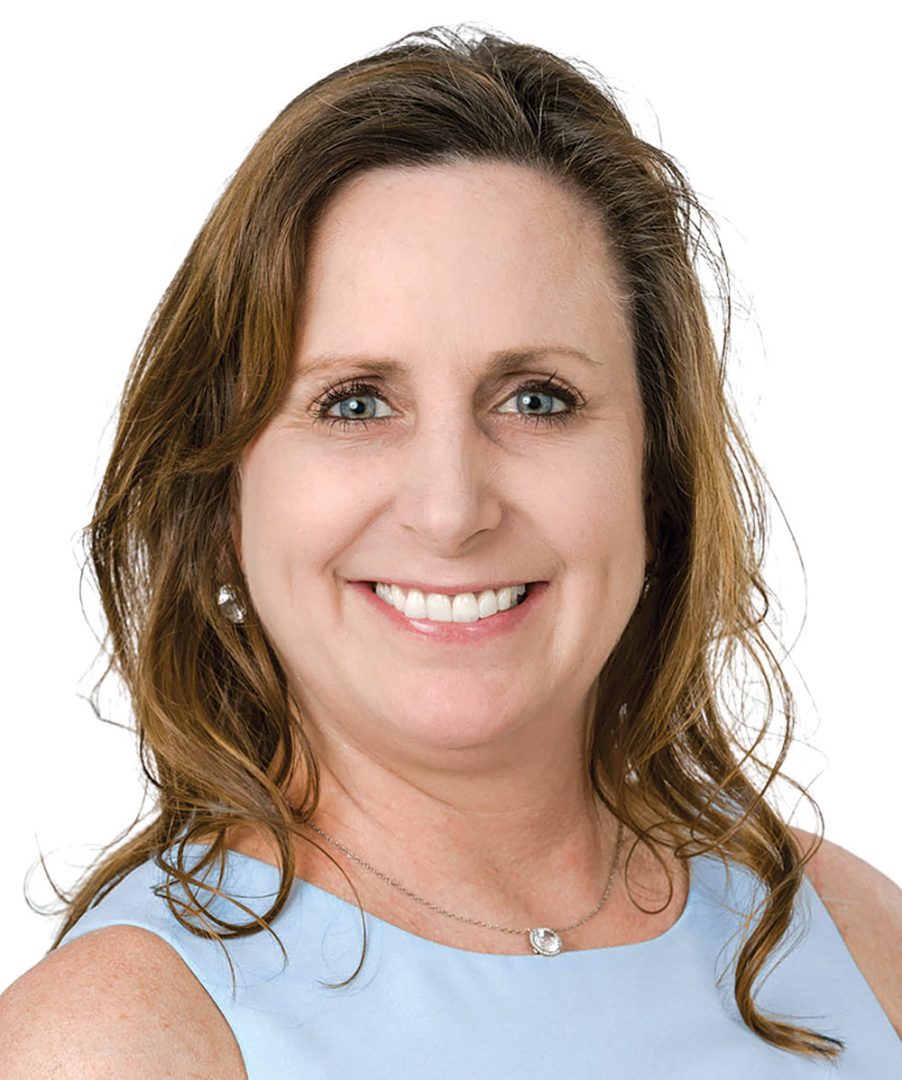
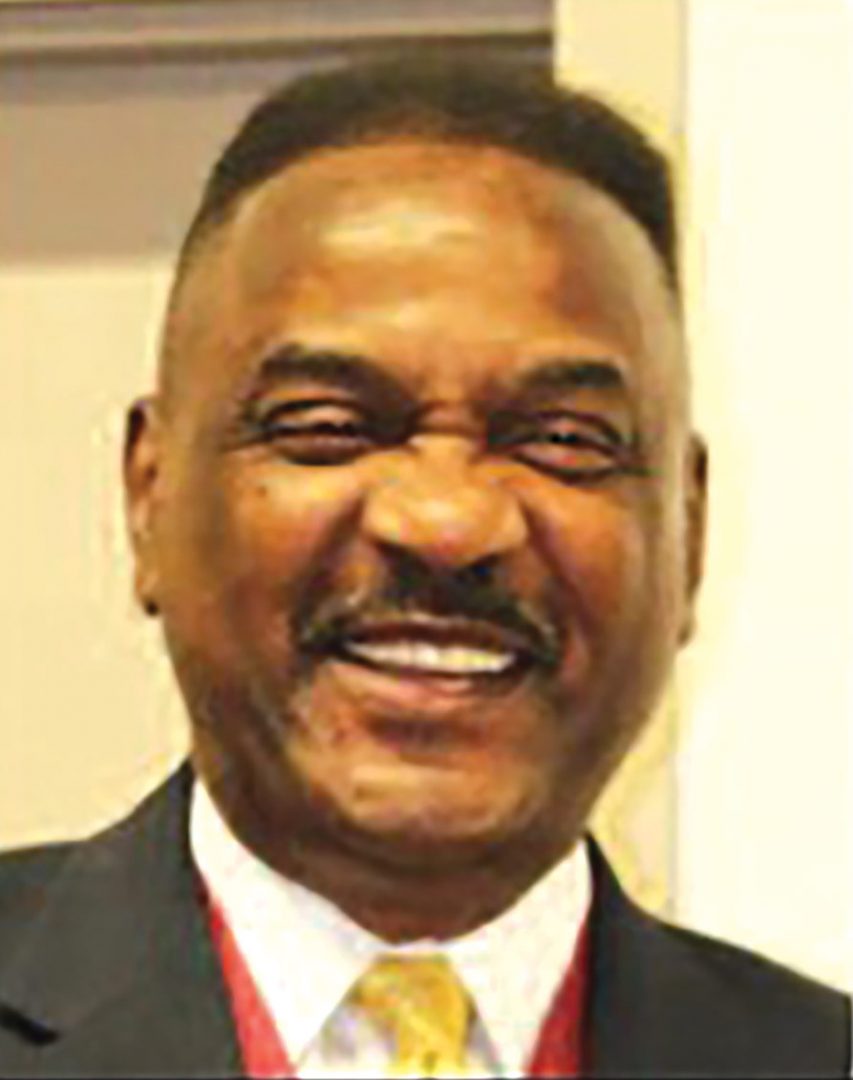

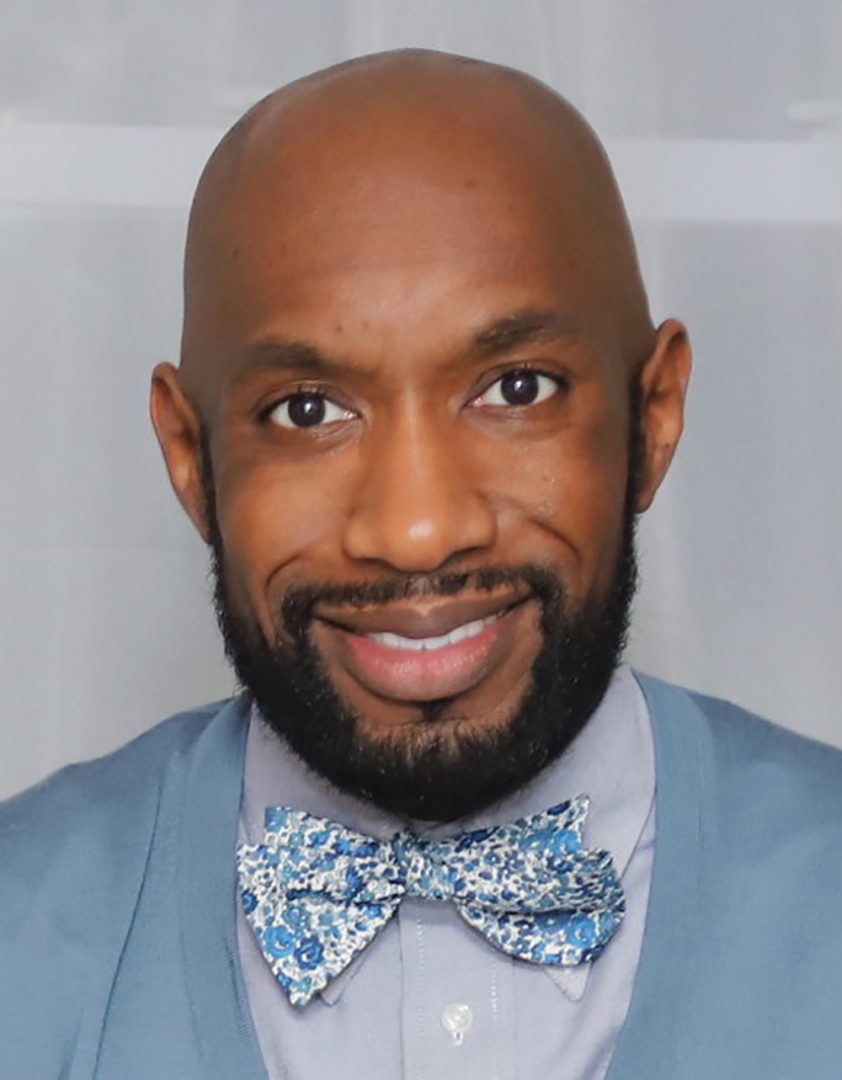





 We are still taking nominations for the 2021 Alumni Achievement Award. Nominate a previous honoree who is continuing to go above and beyond in their field and making an impact in our region! Click HERE to find the nomination form. The deadline for nominations is April 23, 2021 at 5pm.
We are still taking nominations for the 2021 Alumni Achievement Award. Nominate a previous honoree who is continuing to go above and beyond in their field and making an impact in our region! Click HERE to find the nomination form. The deadline for nominations is April 23, 2021 at 5pm.
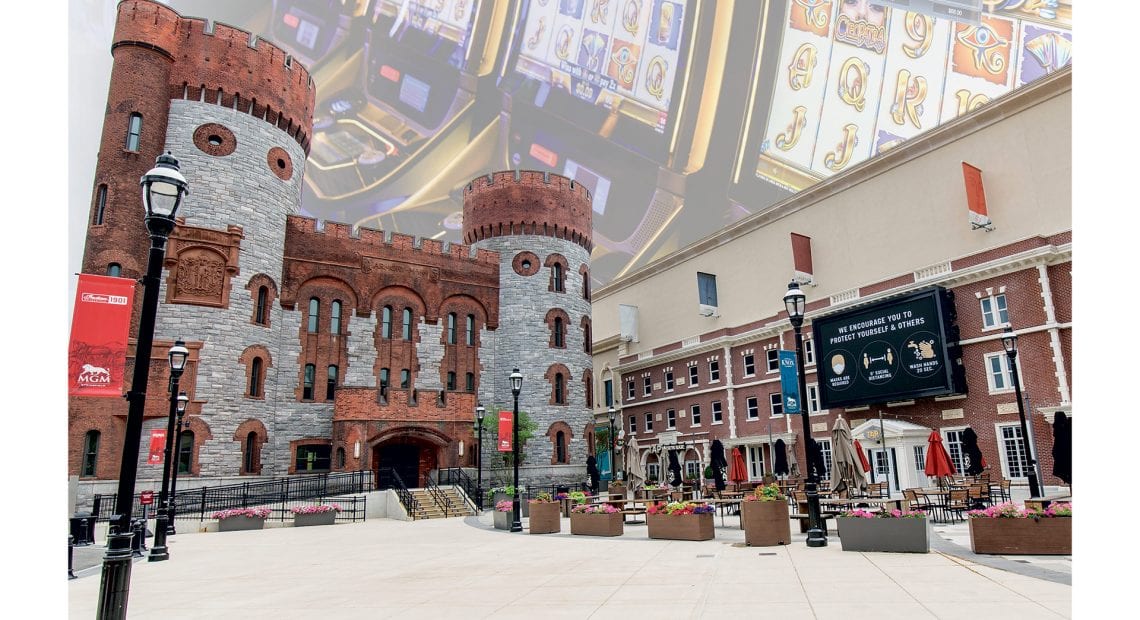
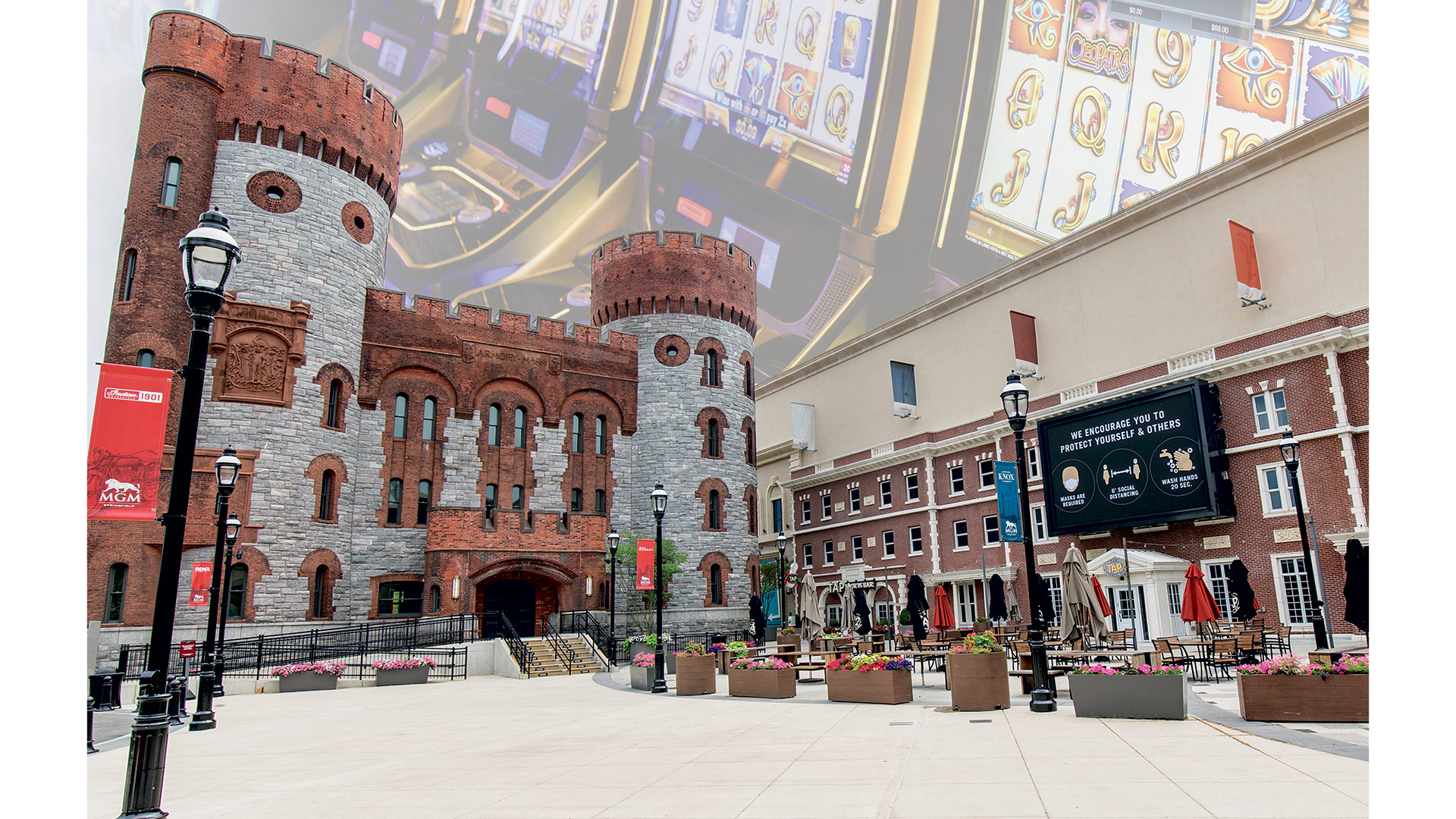




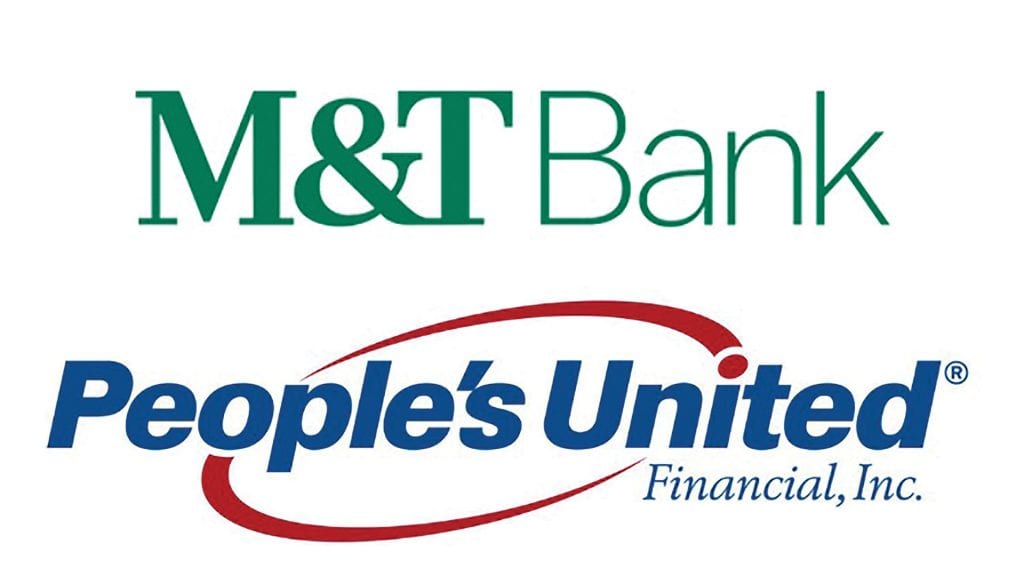

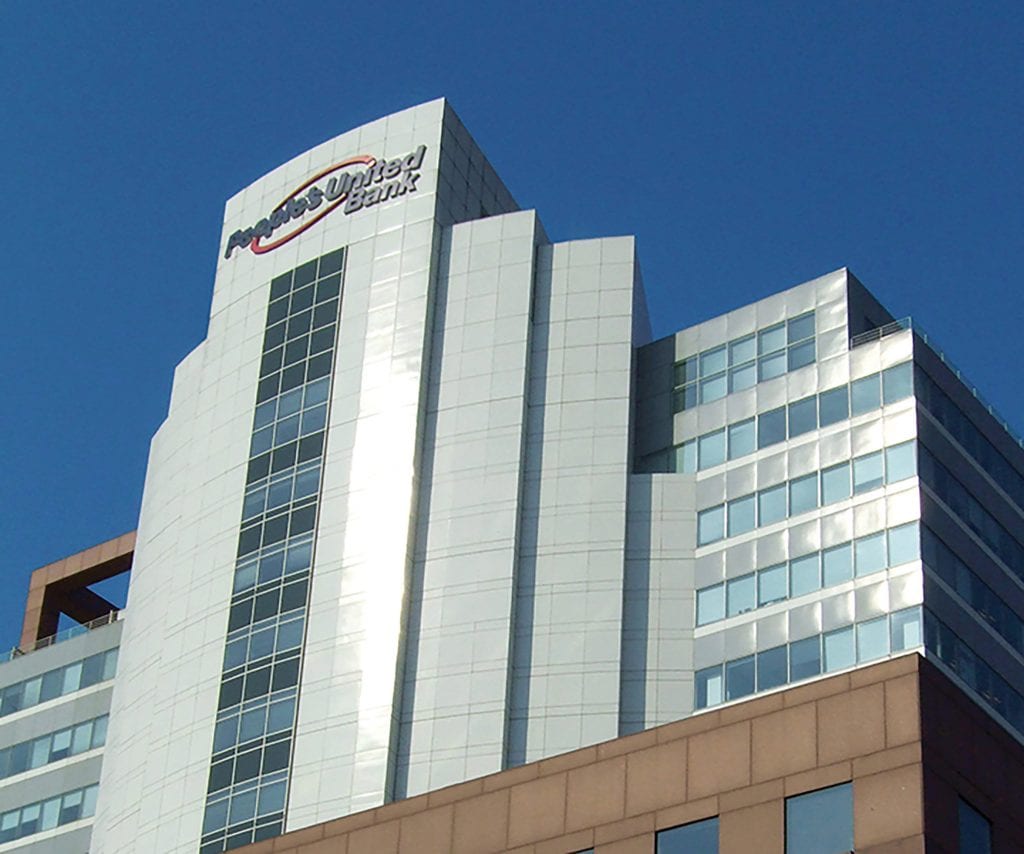
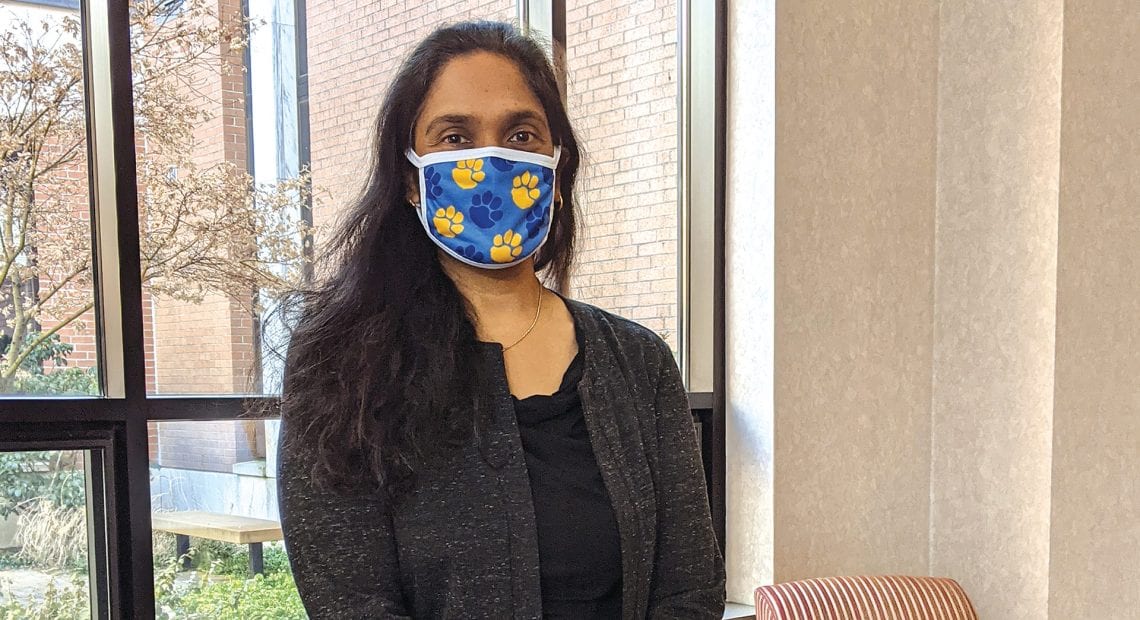



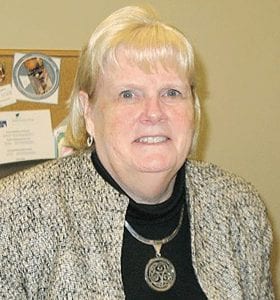

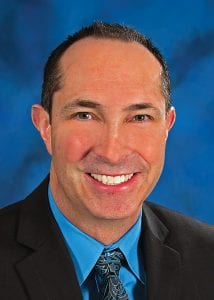



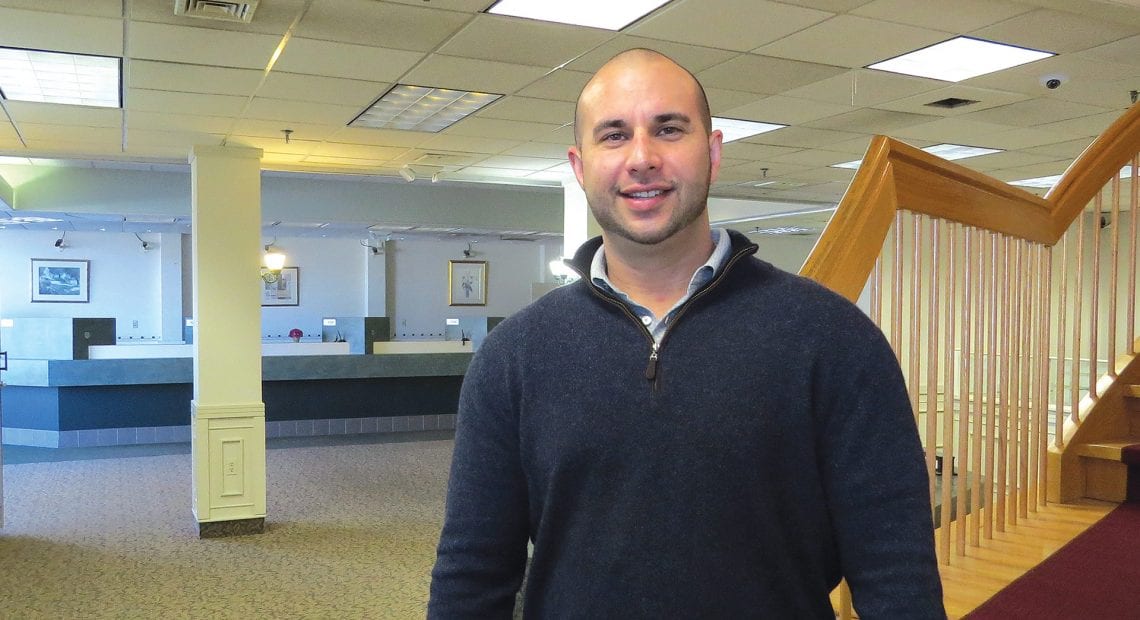
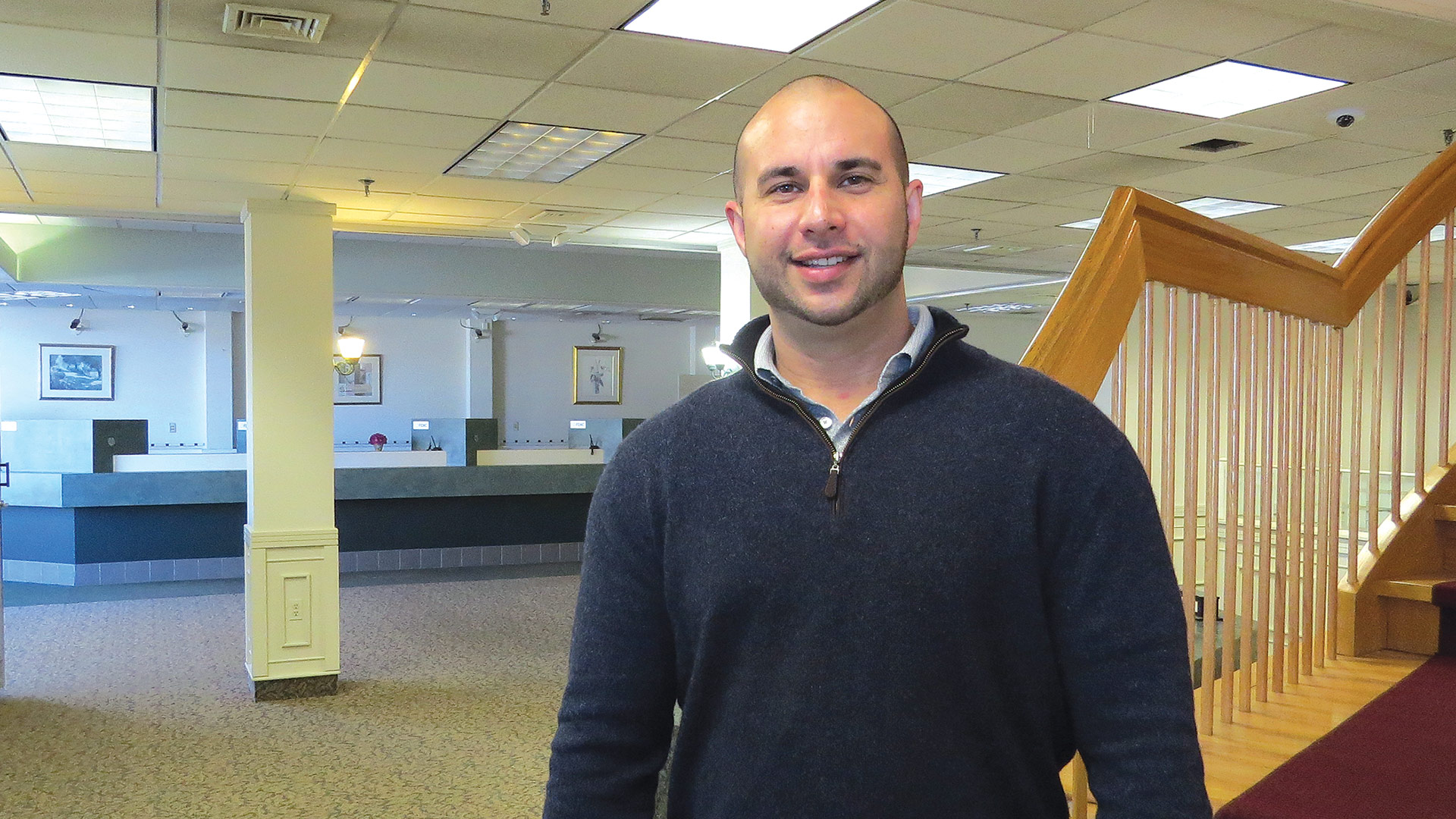
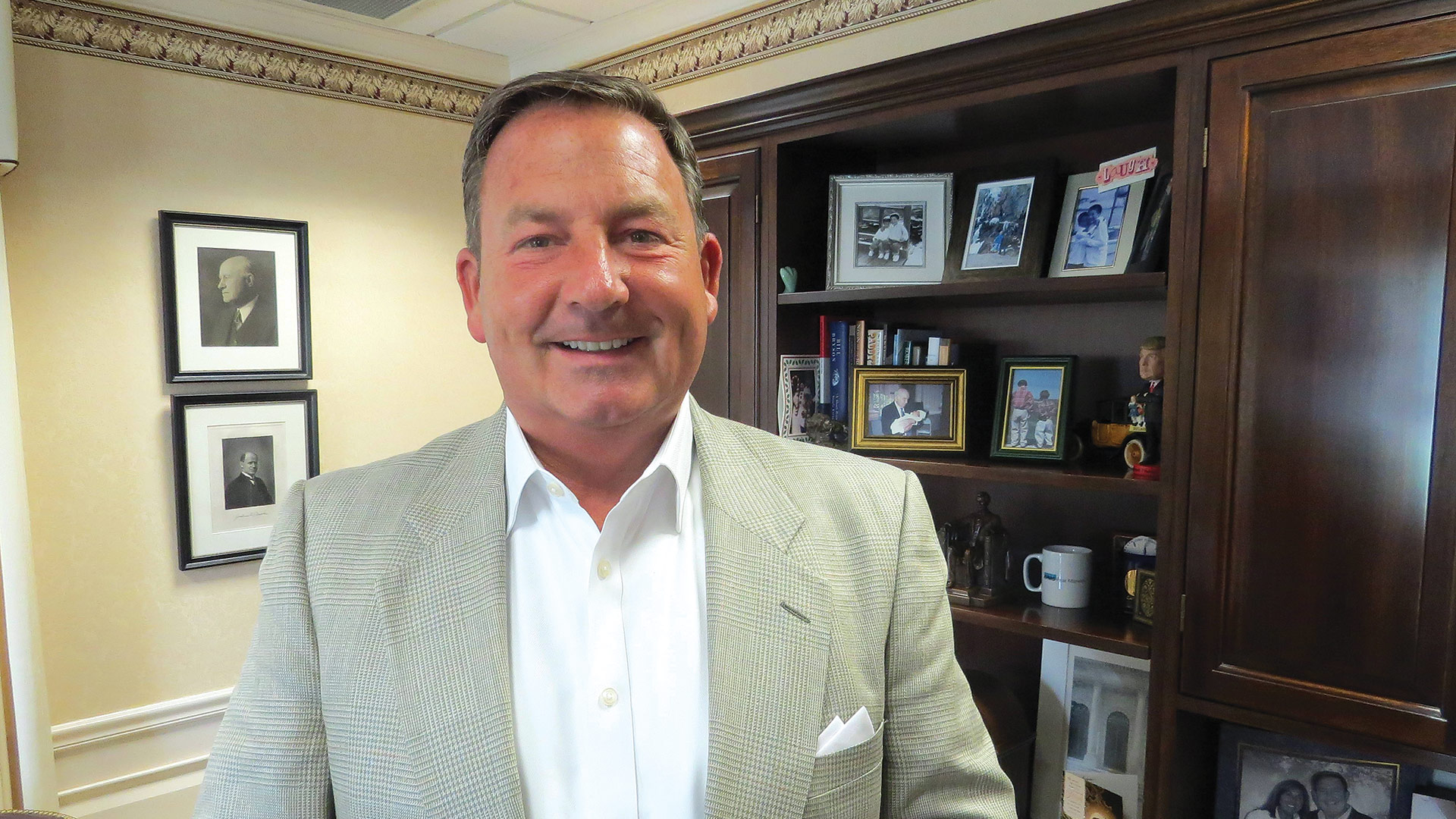
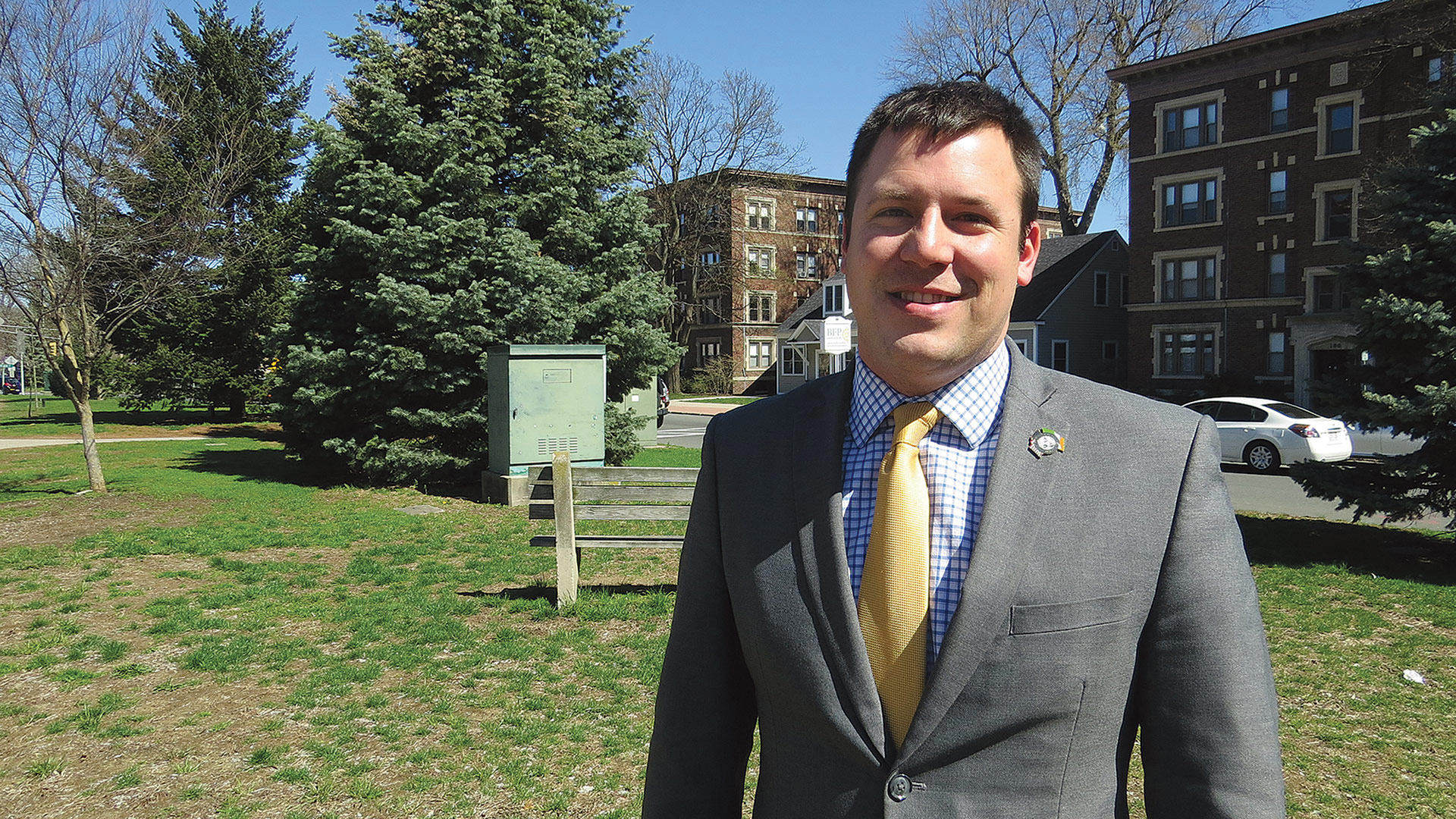
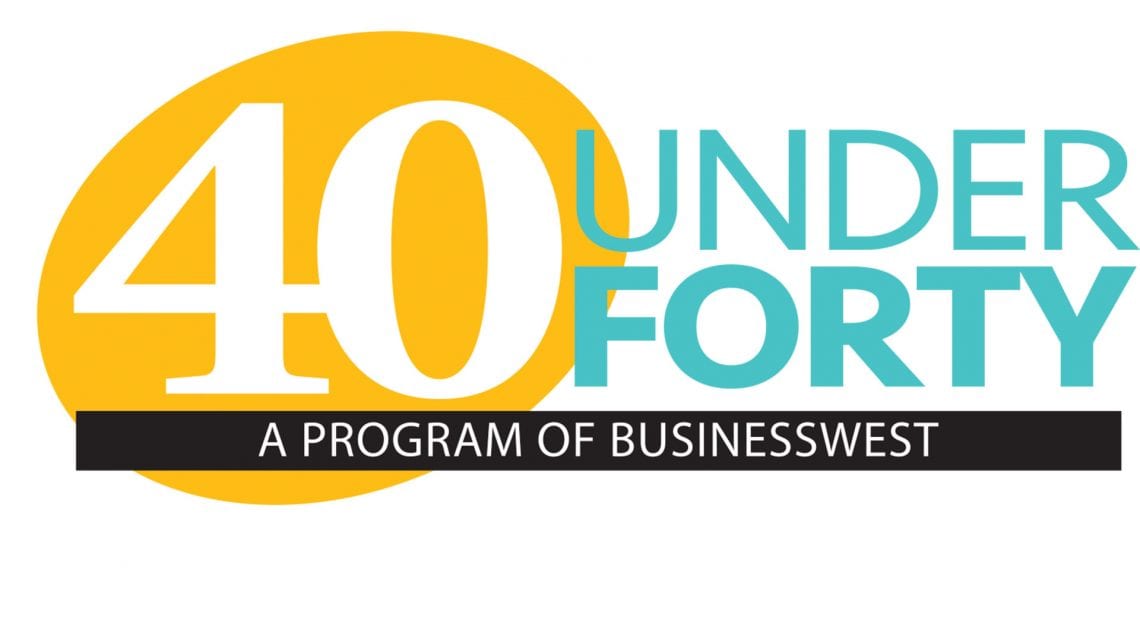

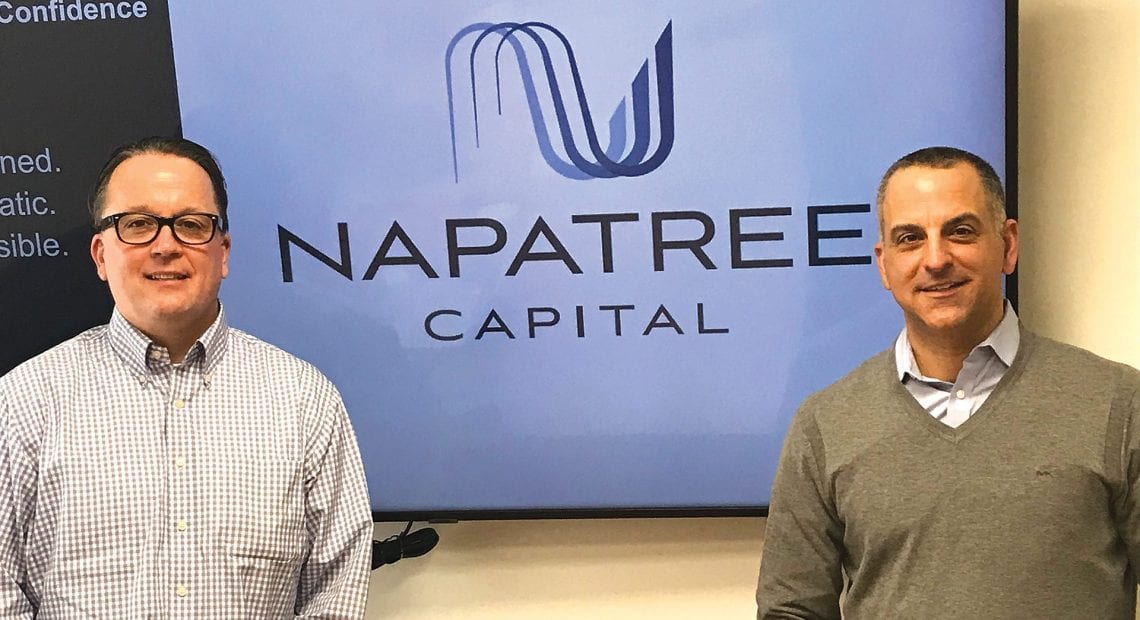
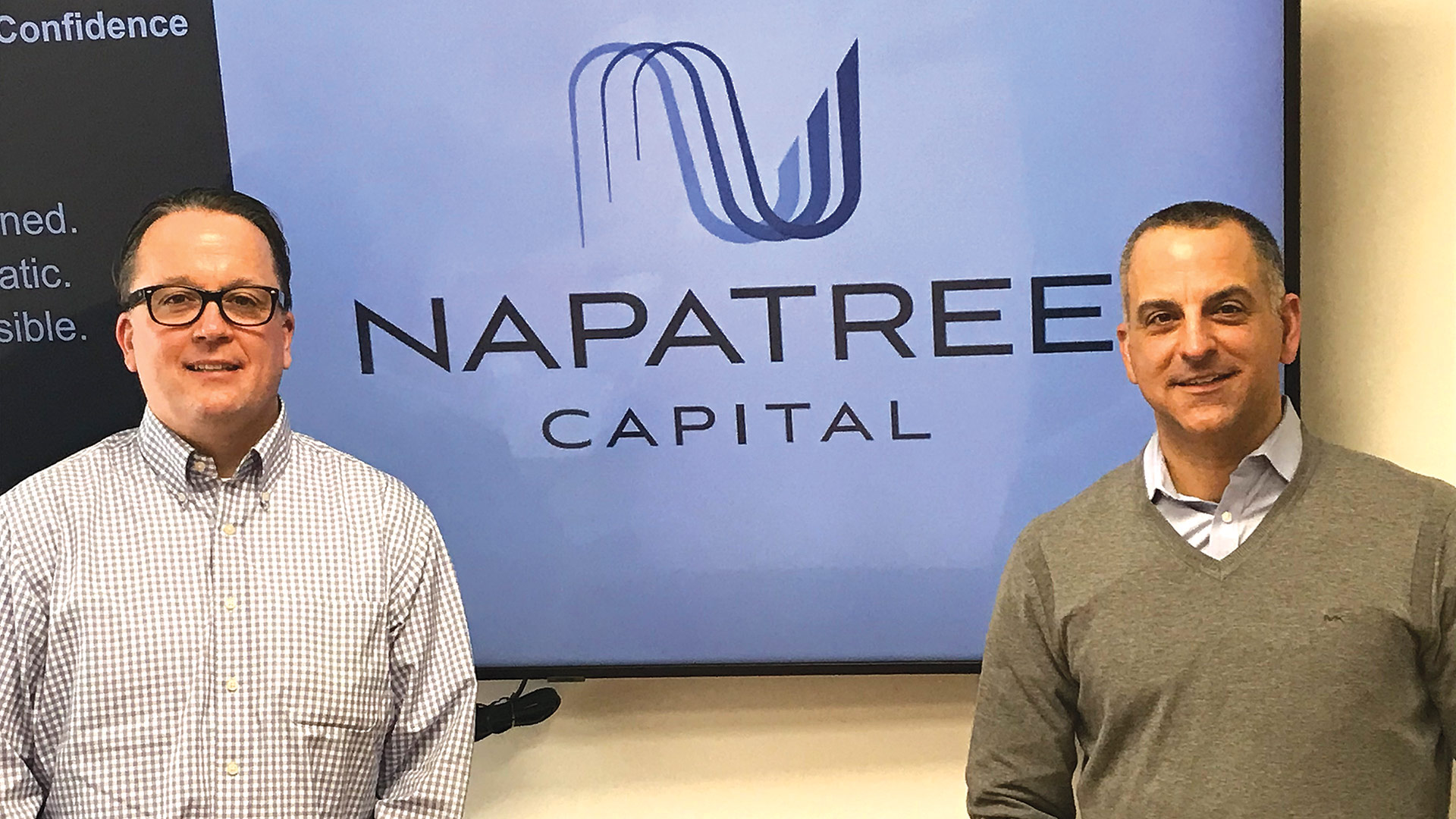

 “Tax-loss harvesting works because capital losses are subtracted from capital gains when you file your tax return, so you pay taxes only on the gains in excess of losses.”
“Tax-loss harvesting works because capital losses are subtracted from capital gains when you file your tax return, so you pay taxes only on the gains in excess of losses.”
 “An appeal now pending in the Supreme Judicial Court (SJC) may resolve issues related to the degree to which municipalities exercise control over which applicants move on to the second step.”
“An appeal now pending in the Supreme Judicial Court (SJC) may resolve issues related to the degree to which municipalities exercise control over which applicants move on to the second step.” “The most prolonged and venomous arguments I’ve witnessed in my estate-administration practice have not been over money.”
“The most prolonged and venomous arguments I’ve witnessed in my estate-administration practice have not been over money.” “While the Noncompetition Agreement Act requires employers to pay former employees not to work, there may be other options available to employers.”
“While the Noncompetition Agreement Act requires employers to pay former employees not to work, there may be other options available to employers.”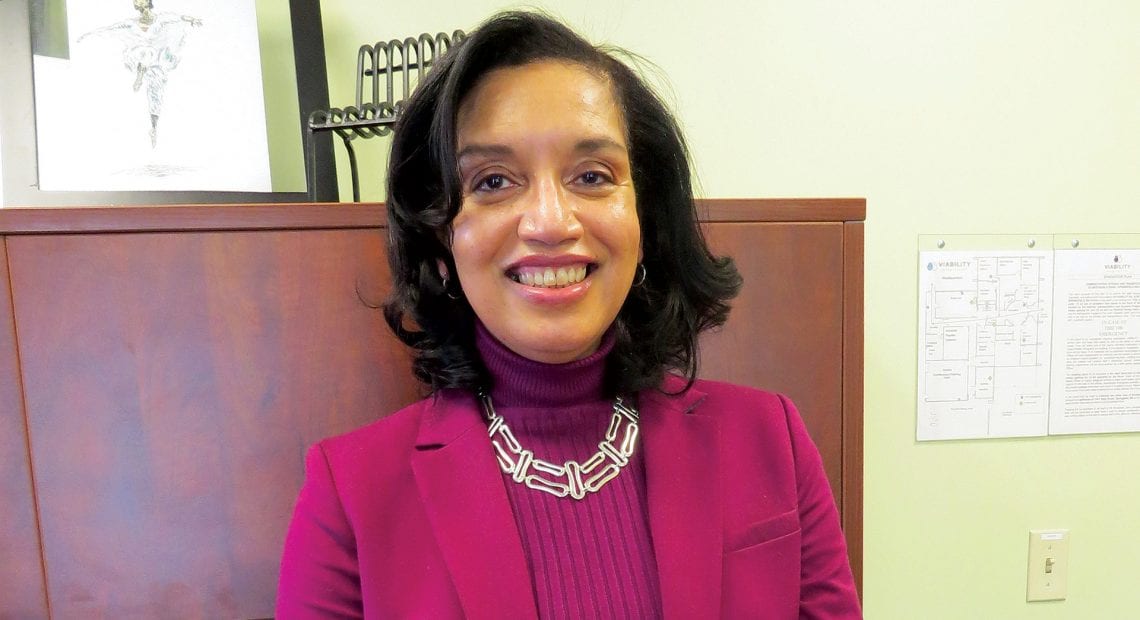
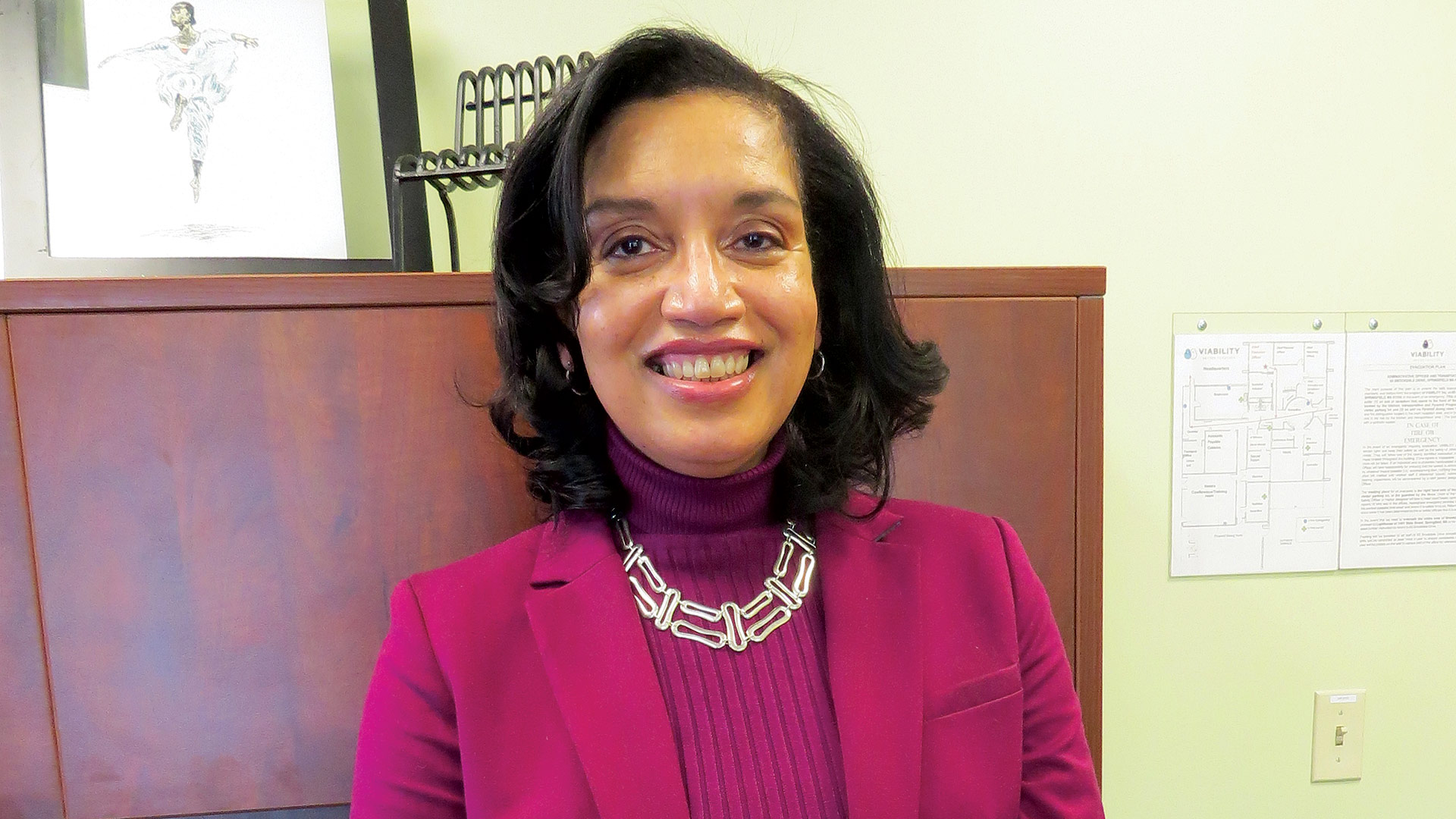

 “Can employers enforce a dress code requiring employees to refrain from wearing politically motivated clothing? Yes.”
“Can employers enforce a dress code requiring employees to refrain from wearing politically motivated clothing? Yes.”

